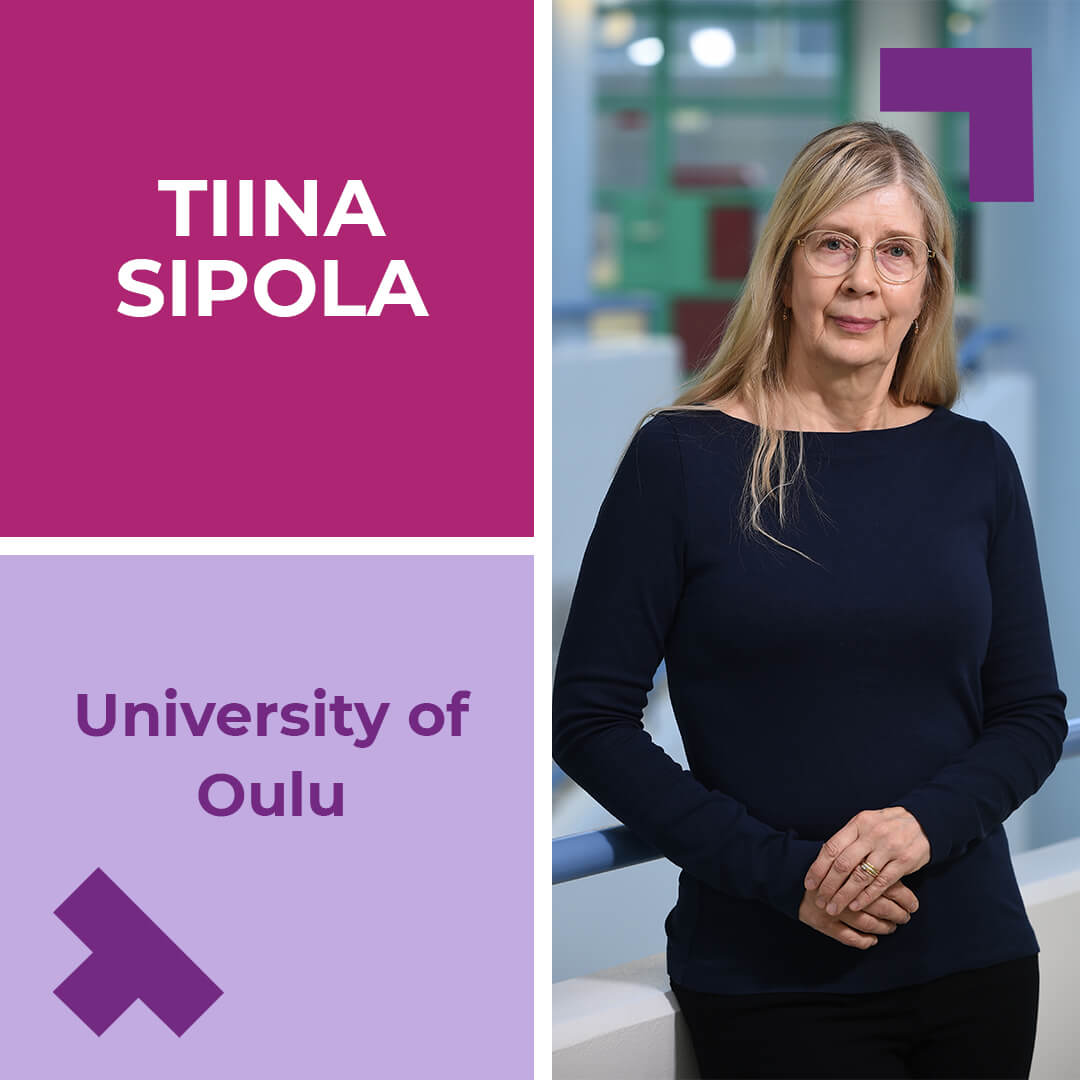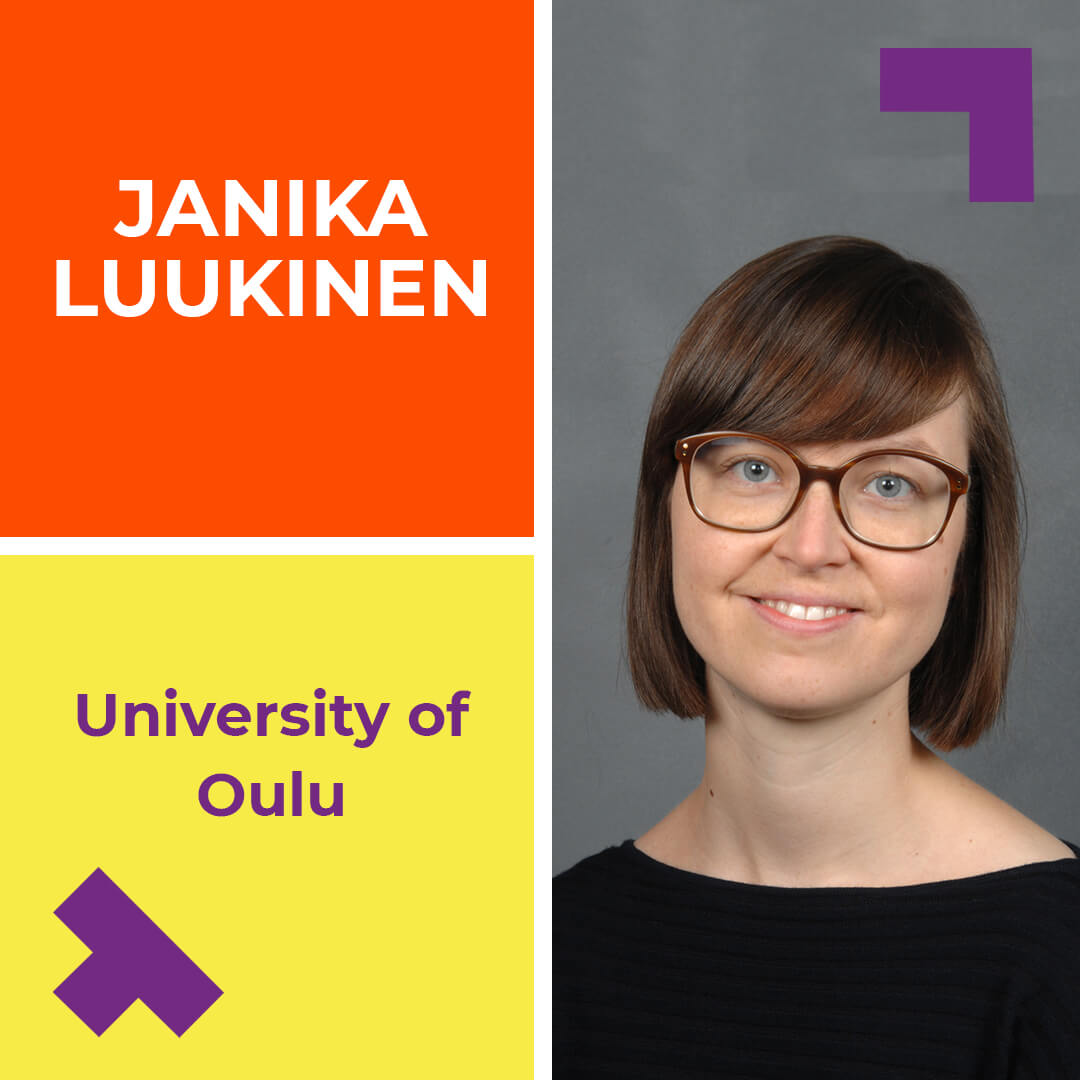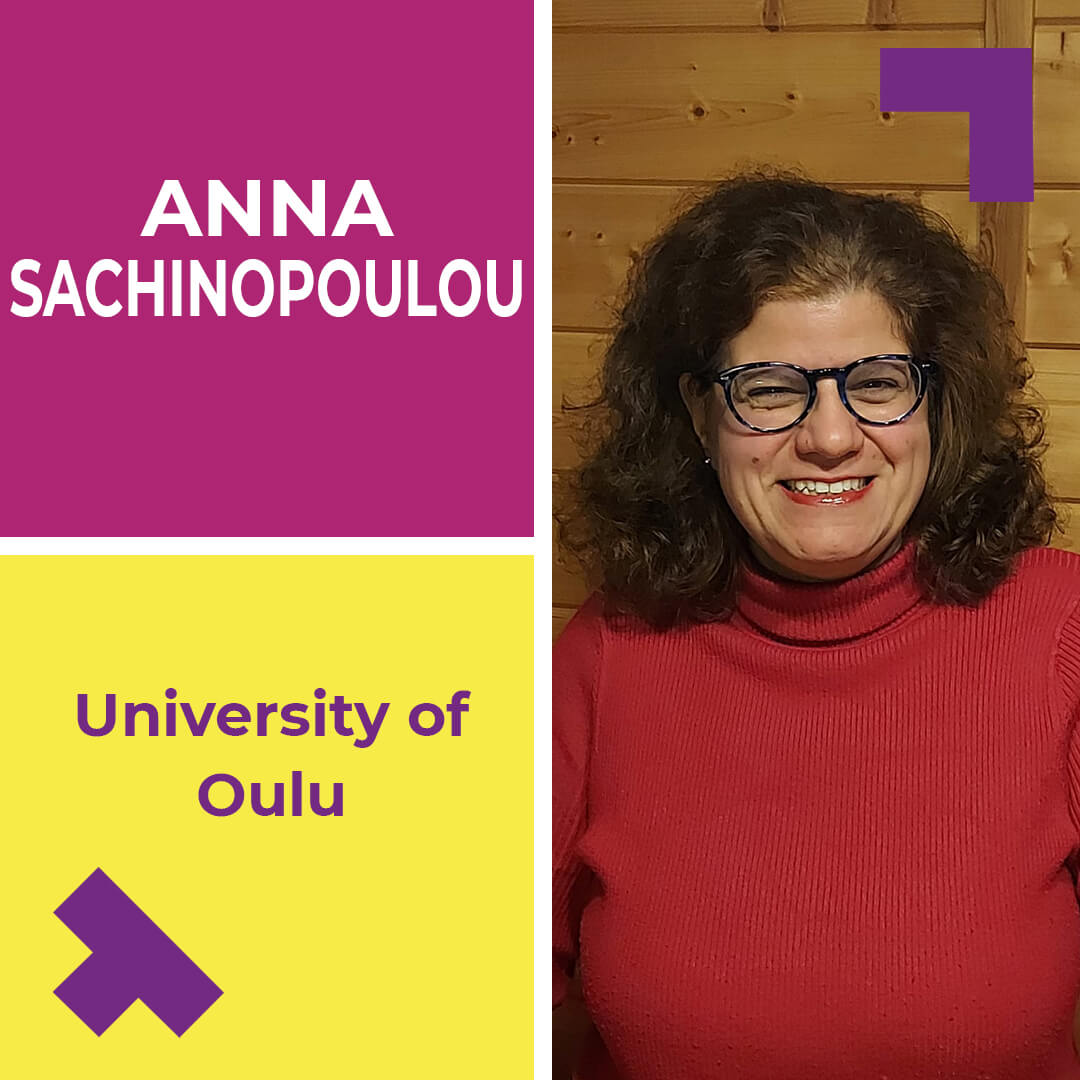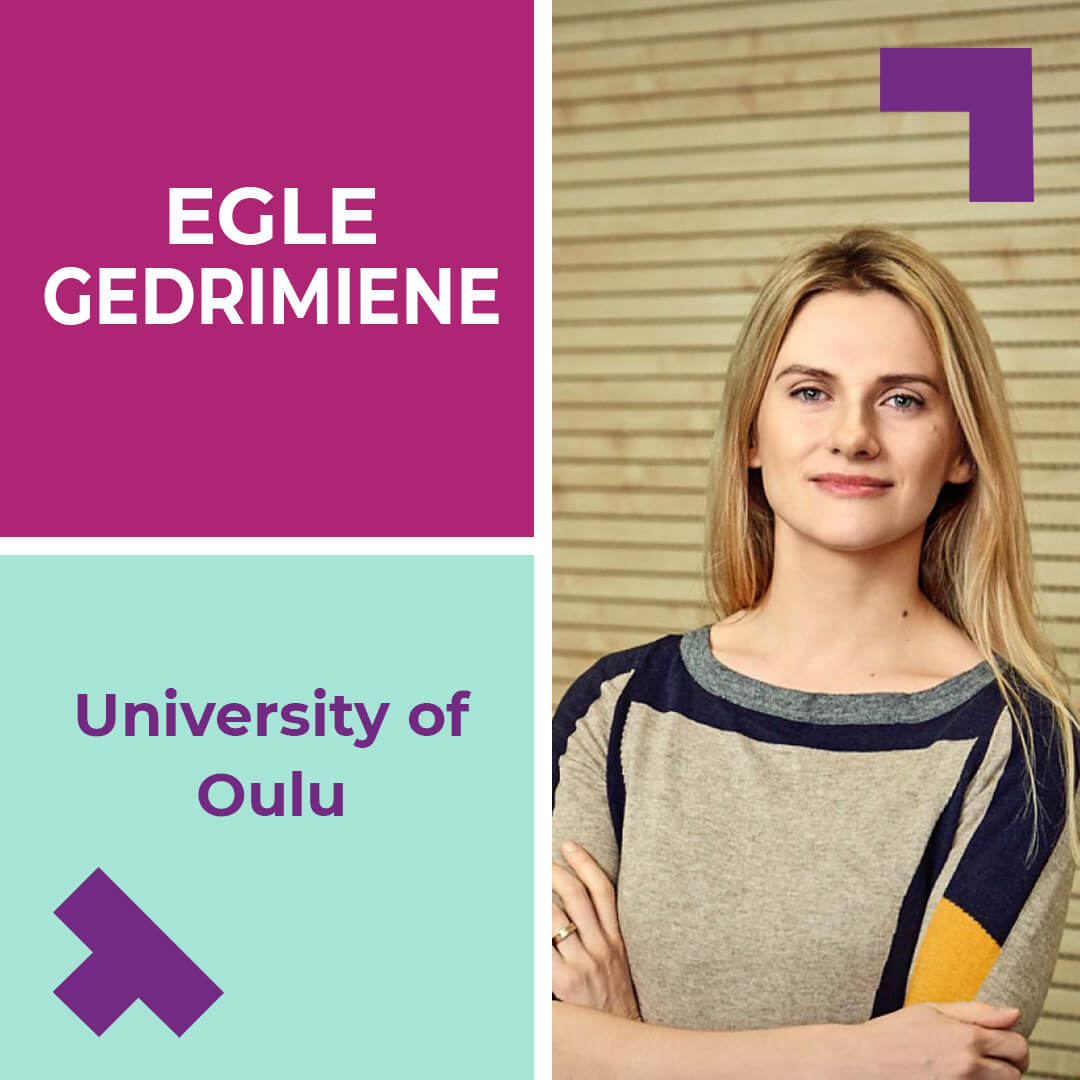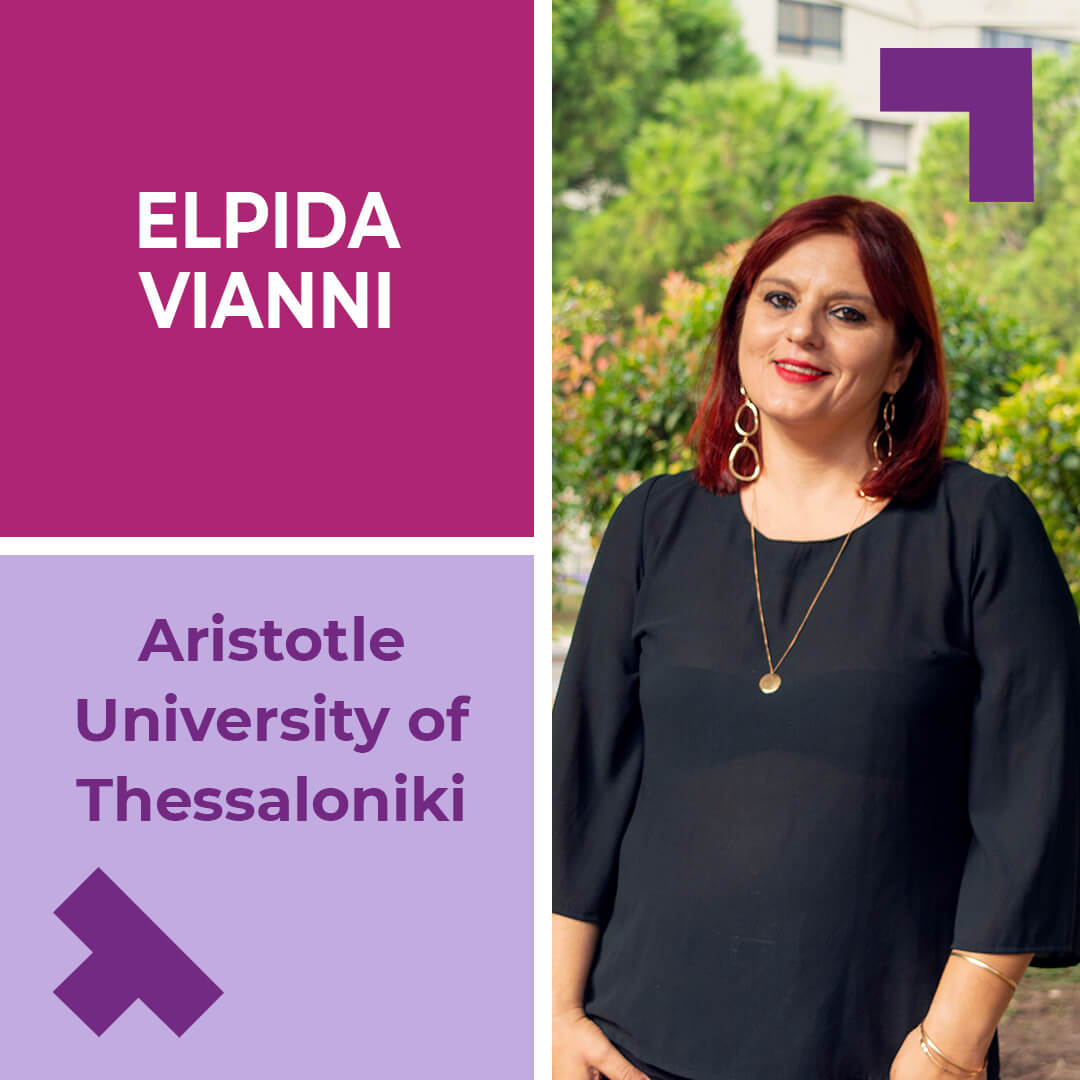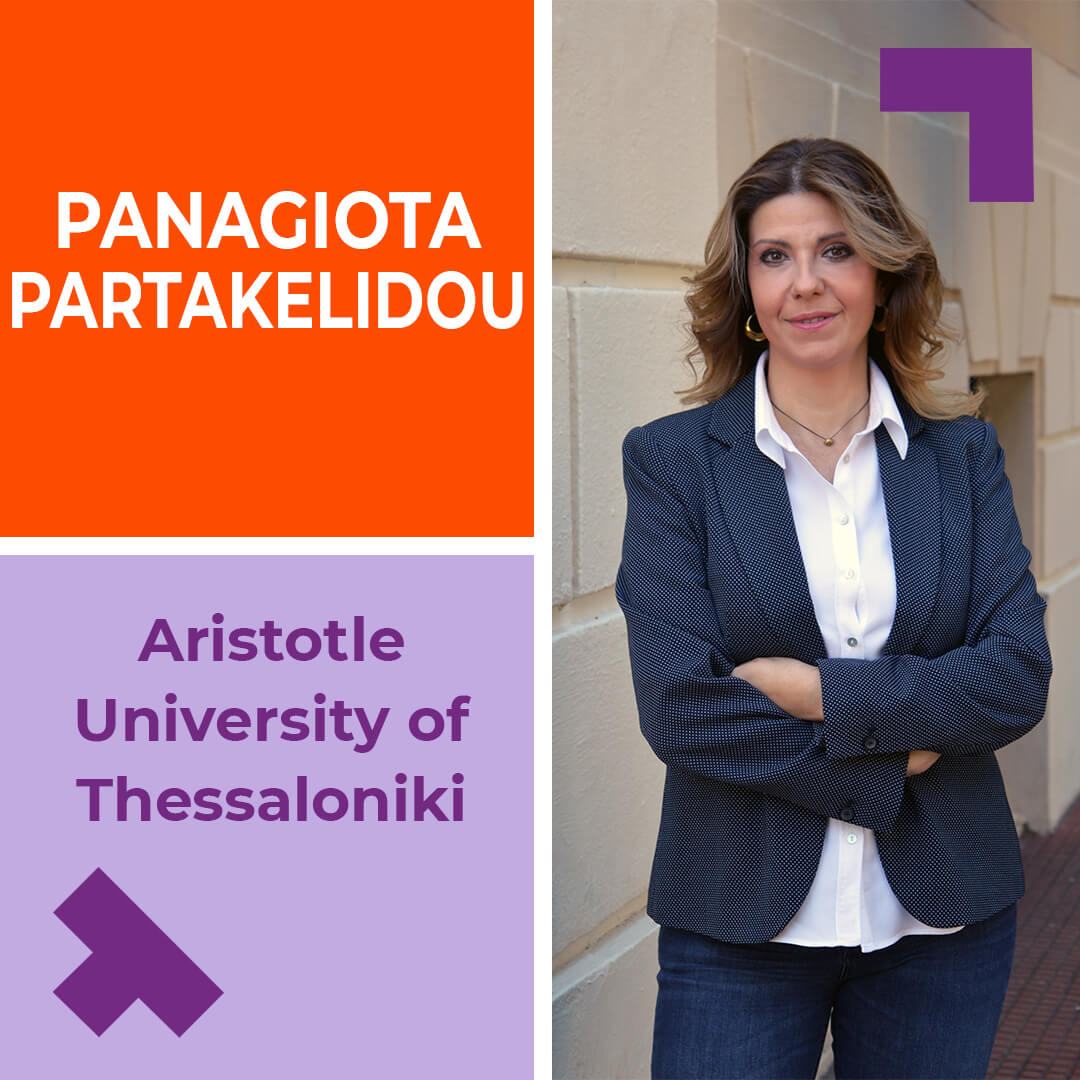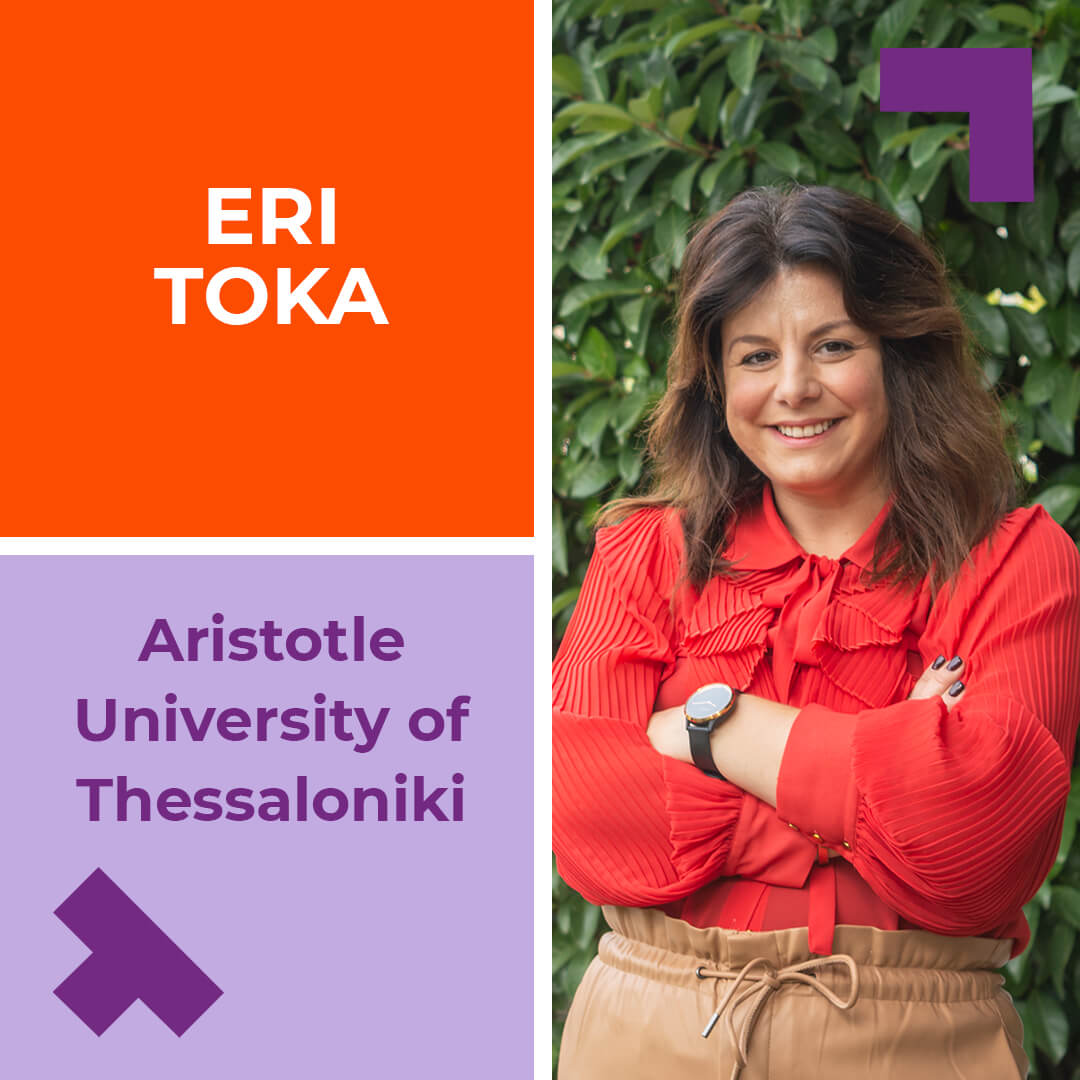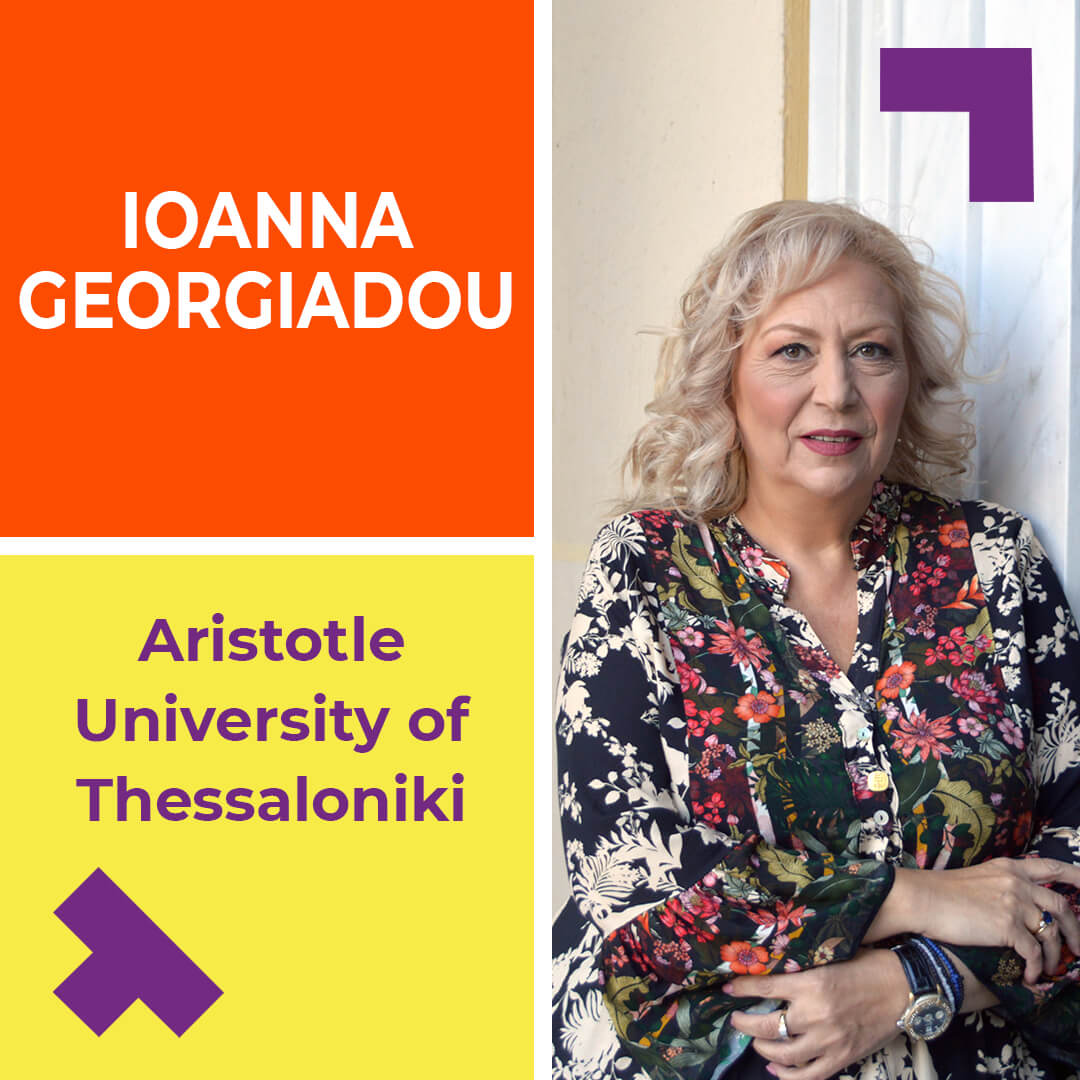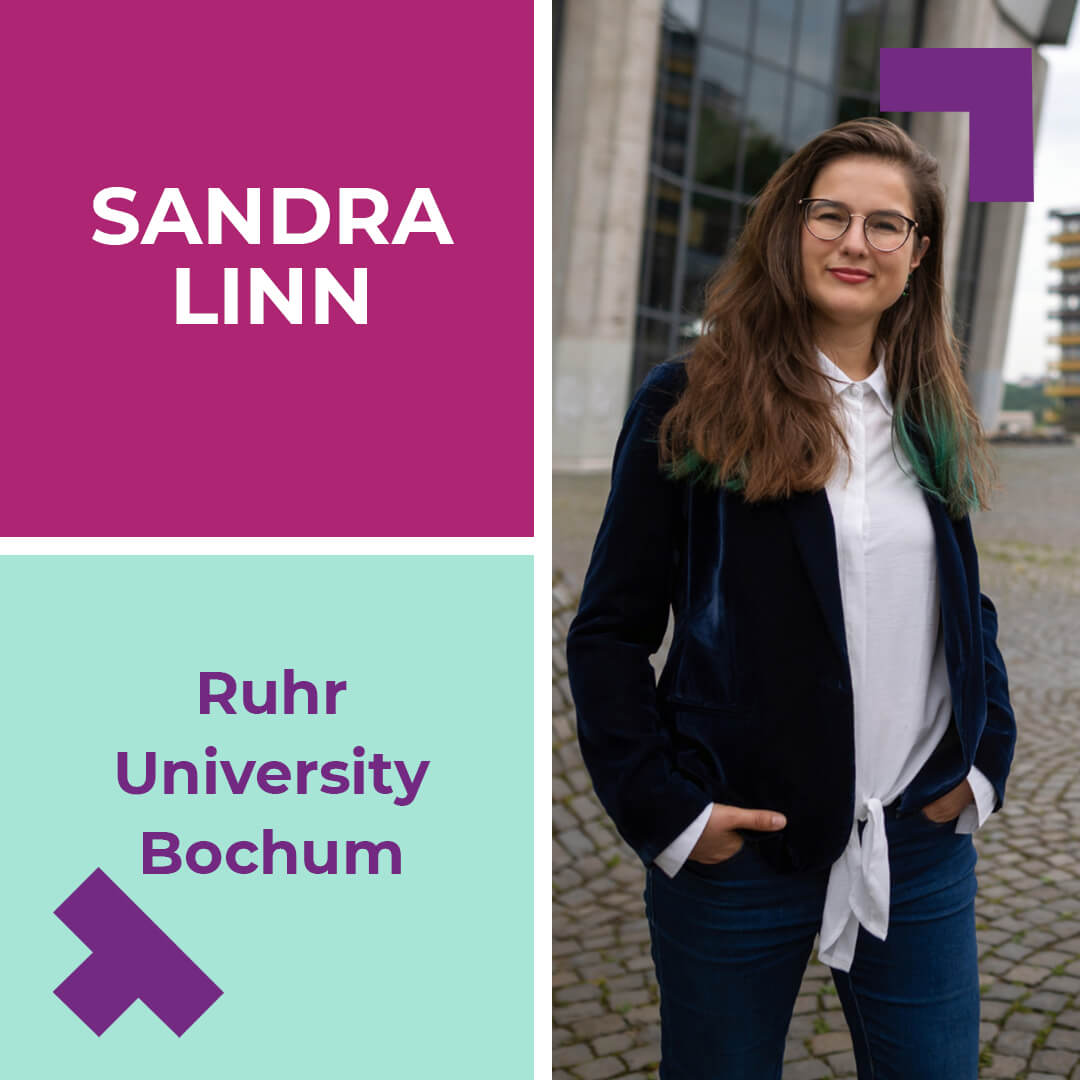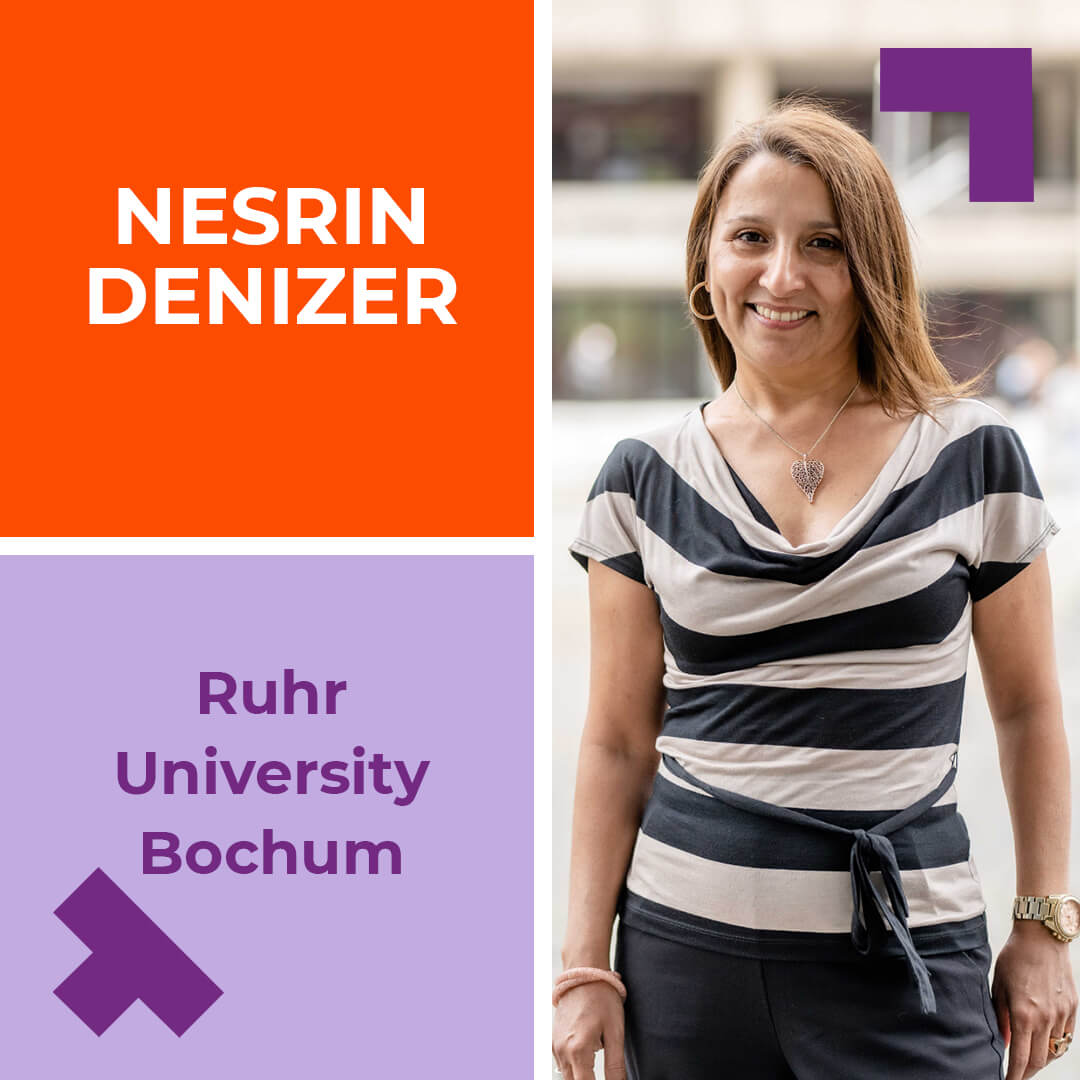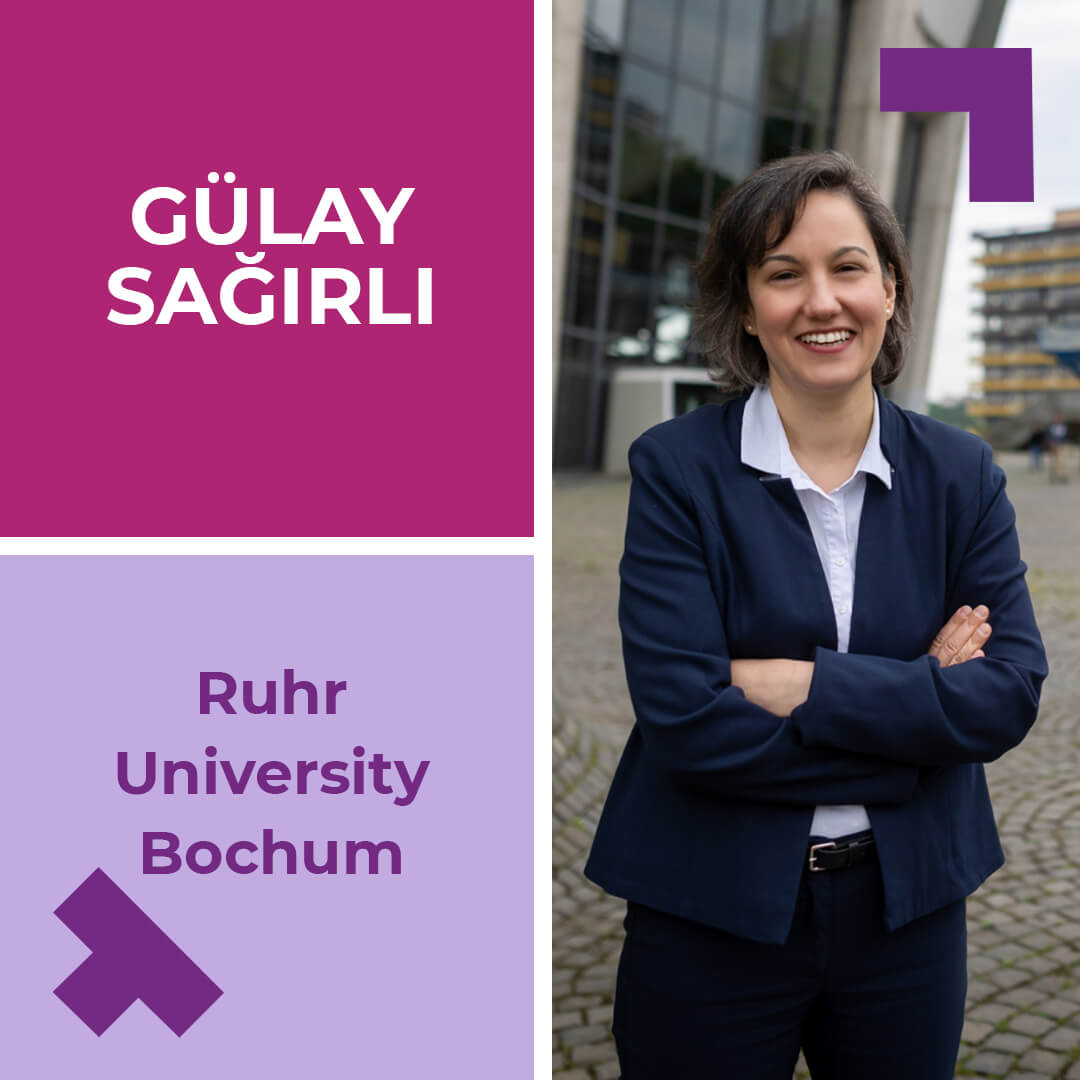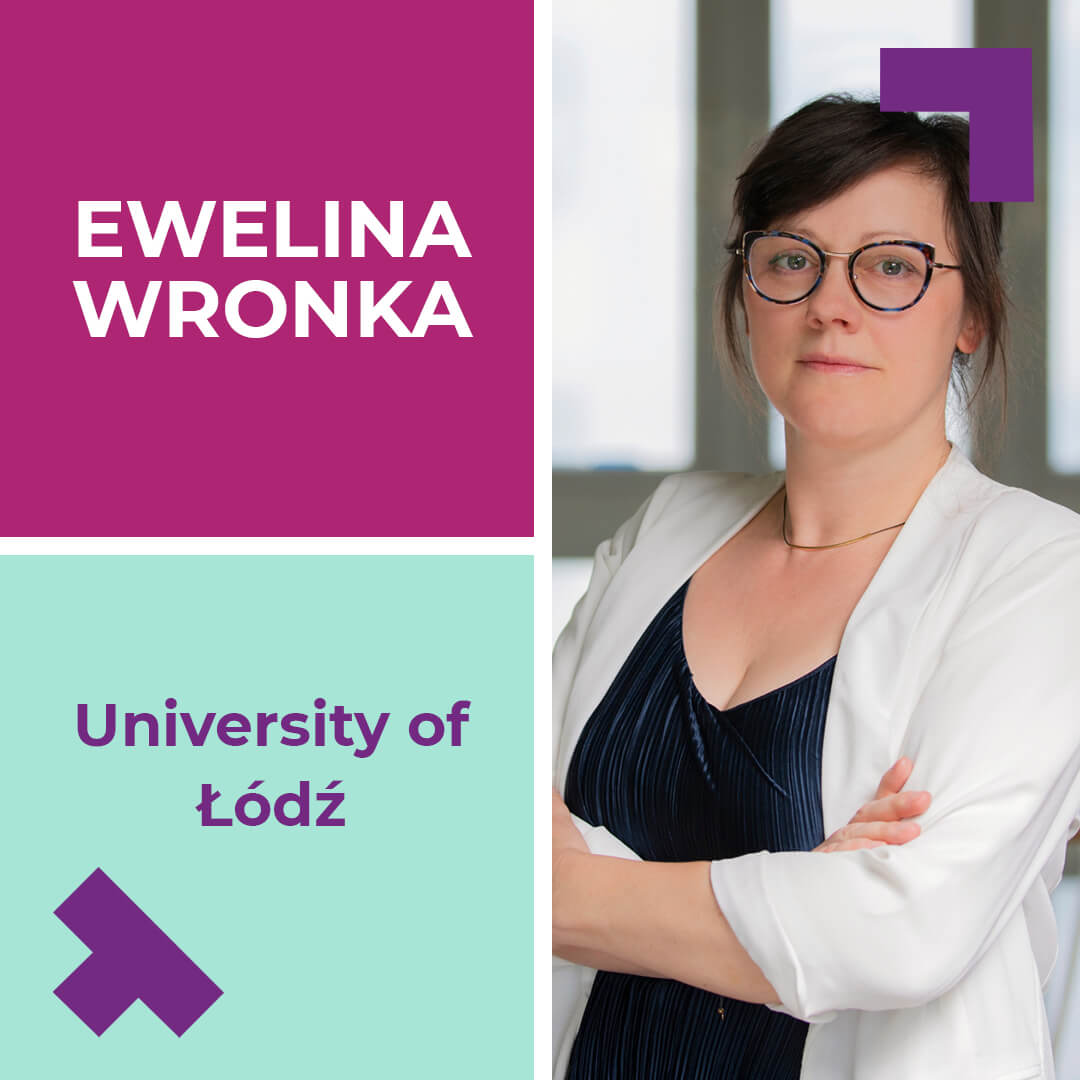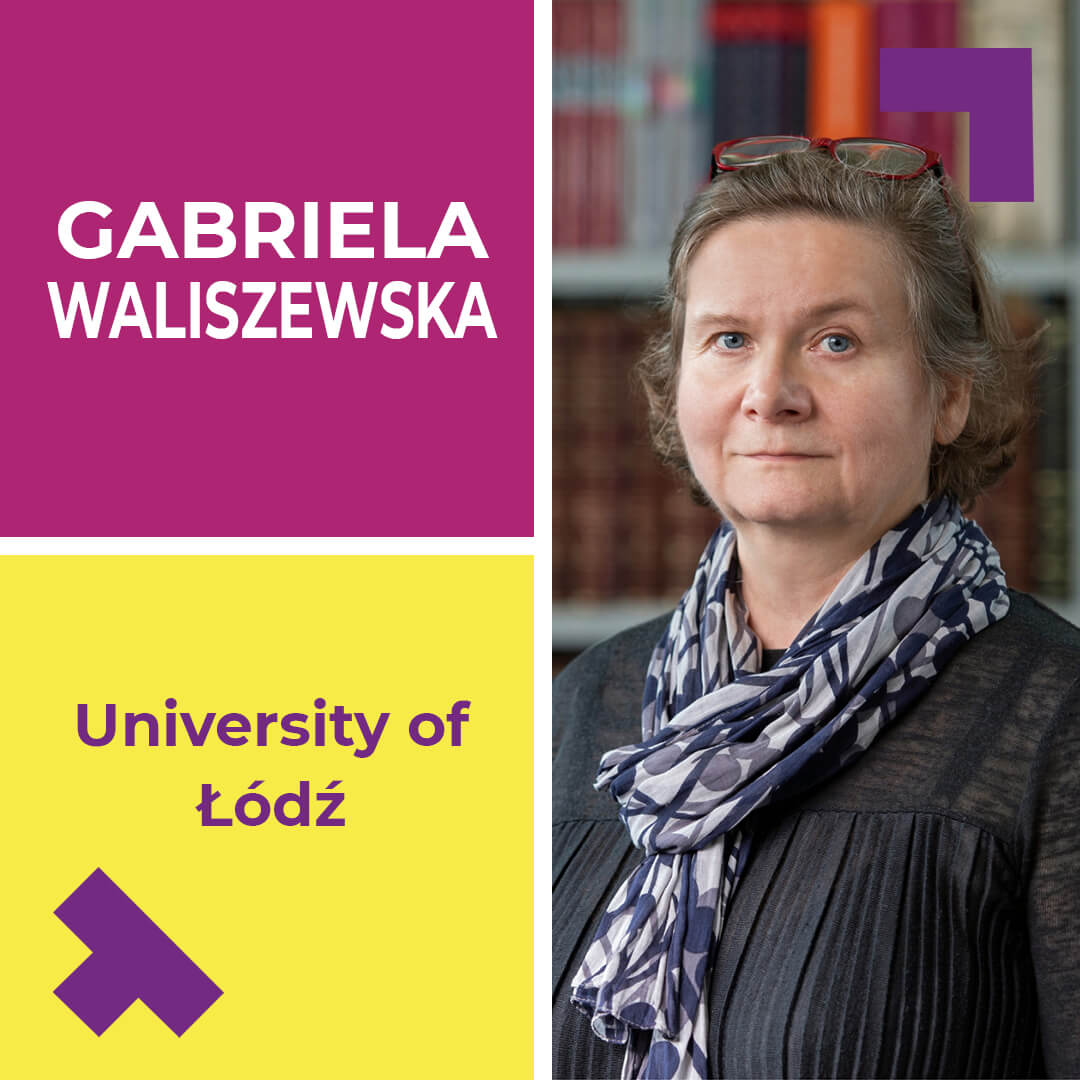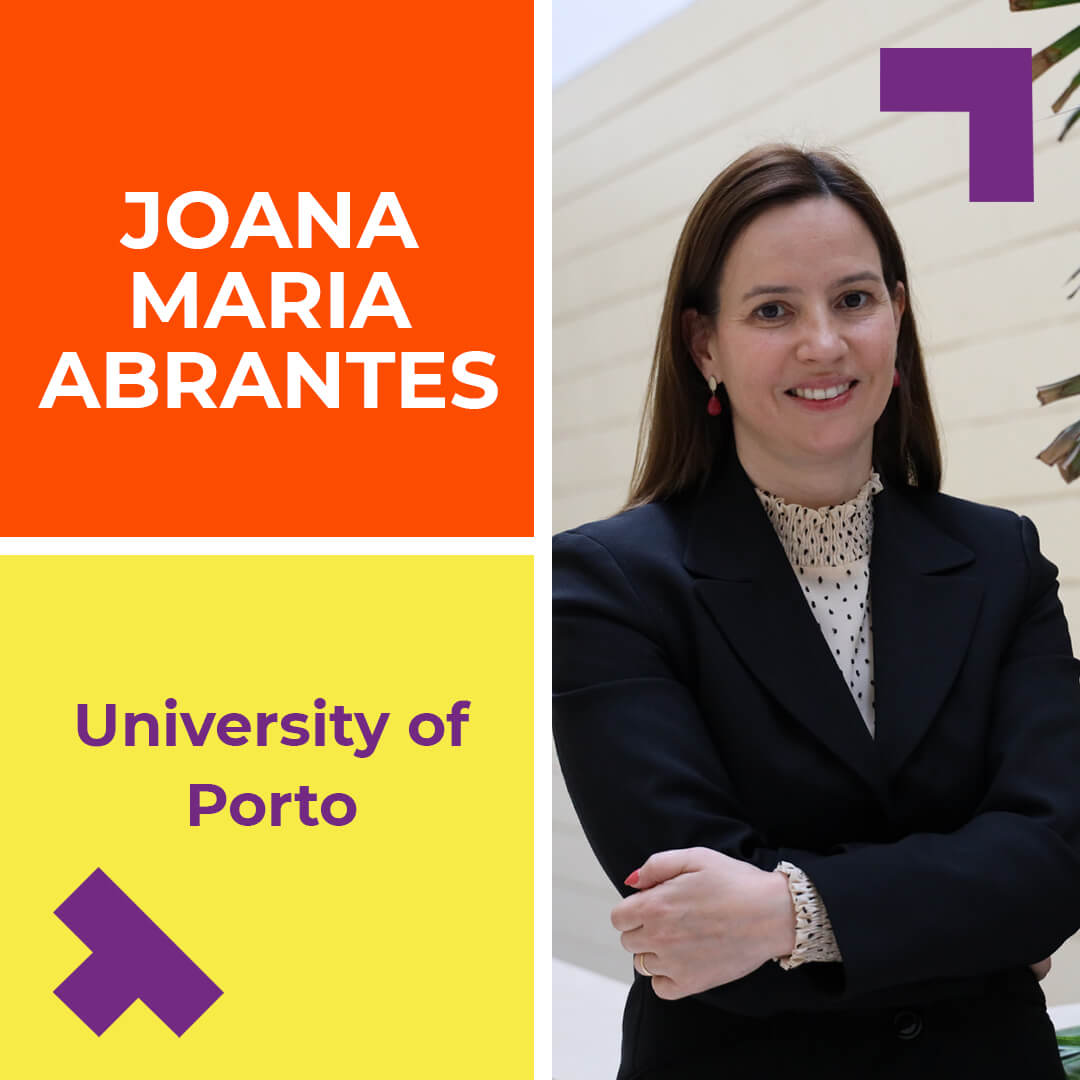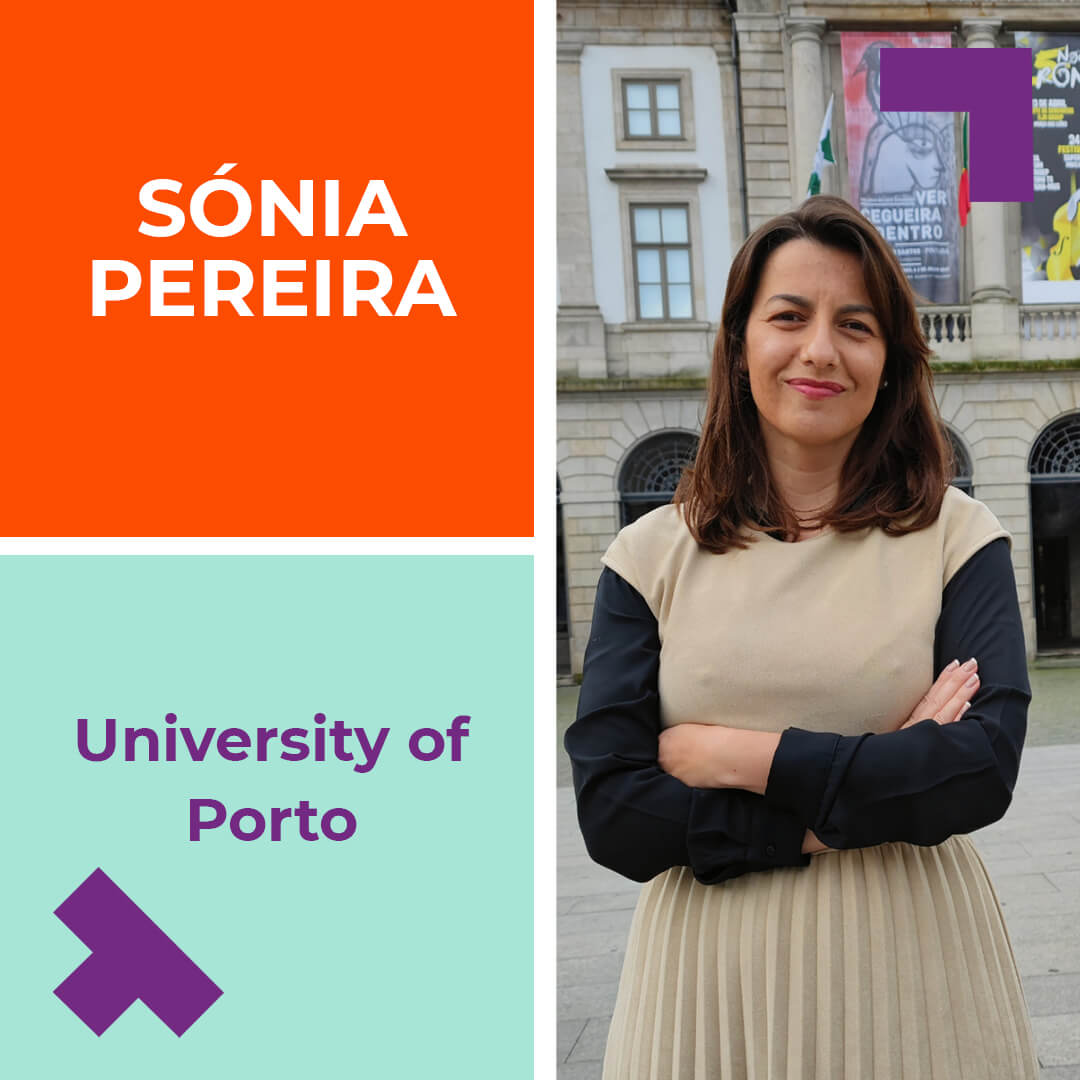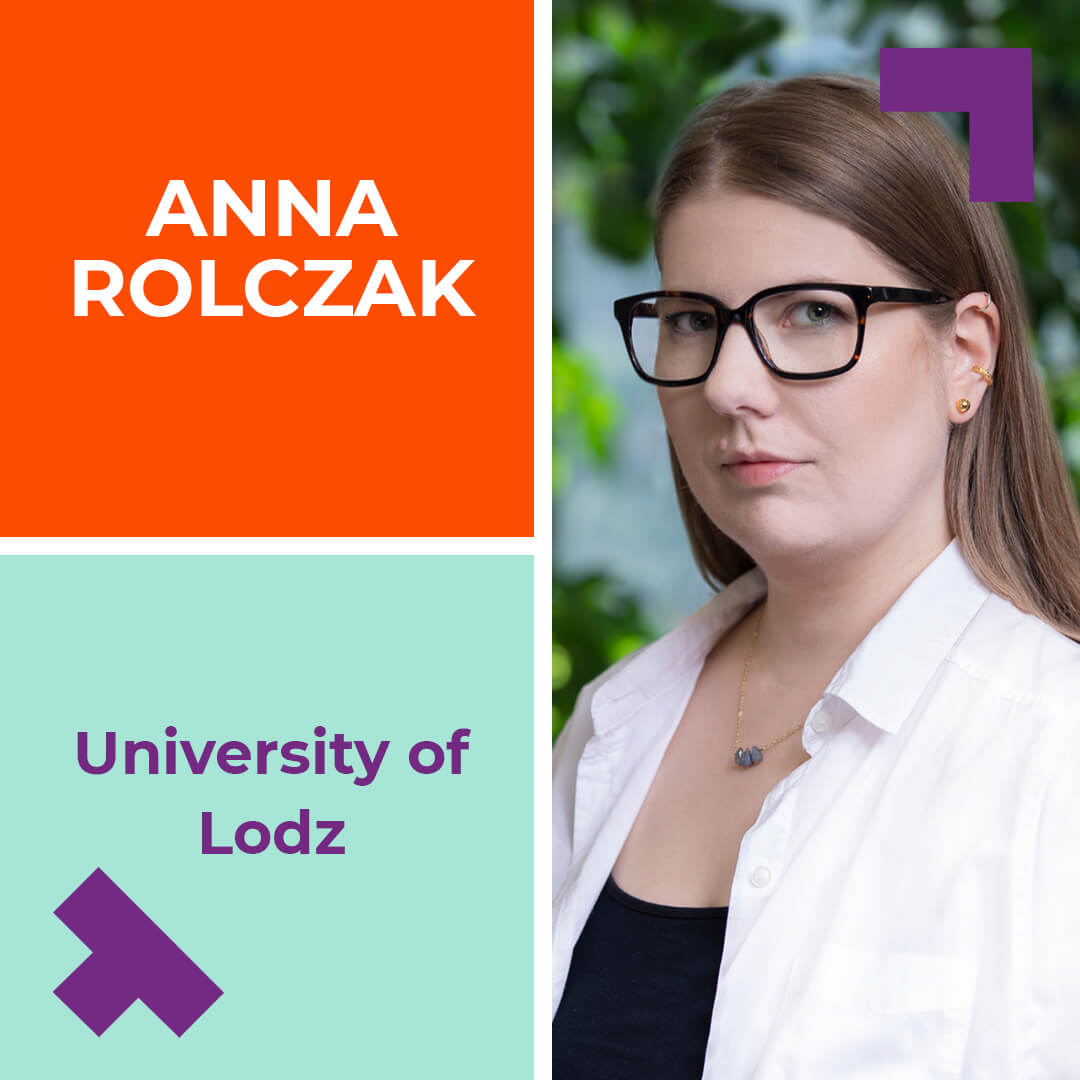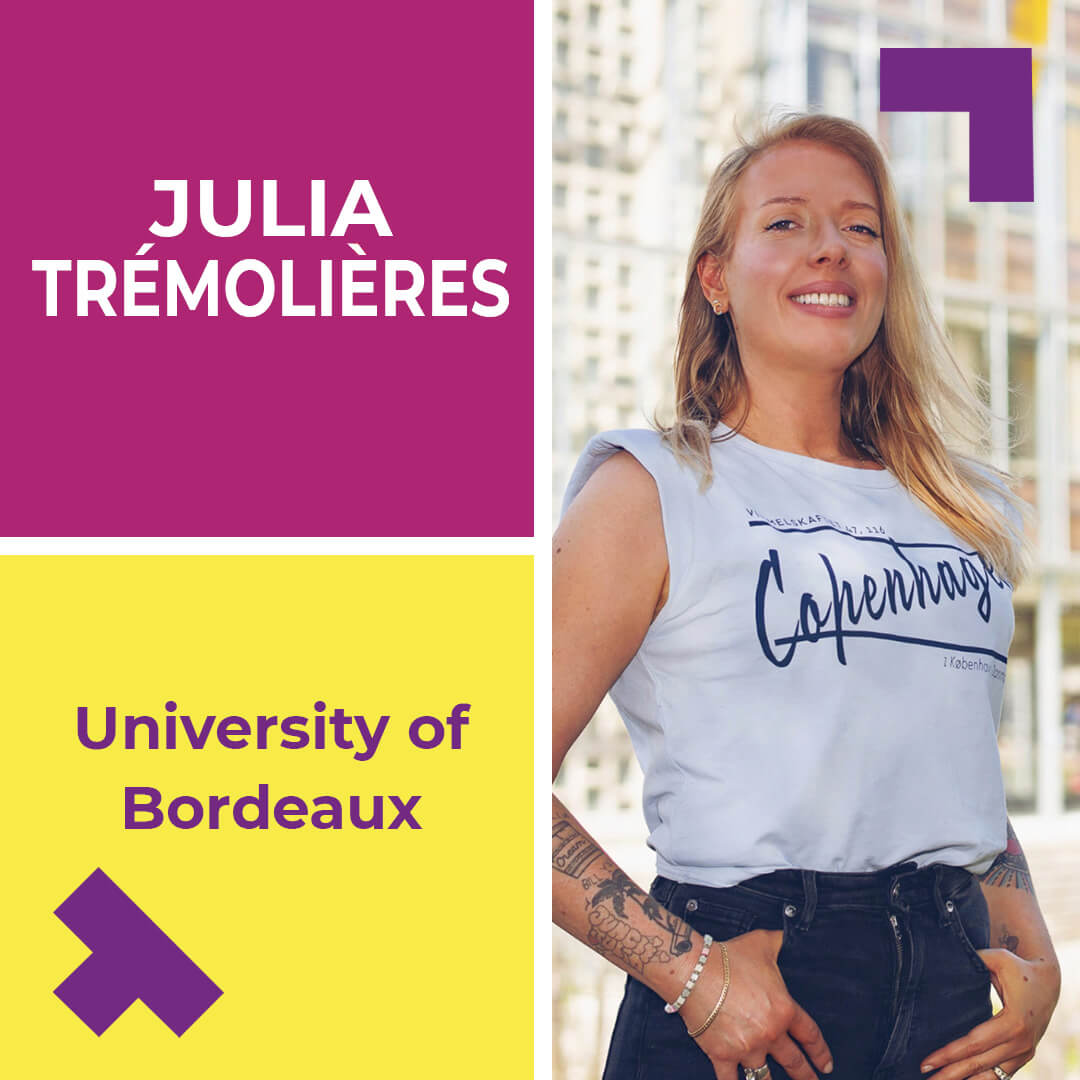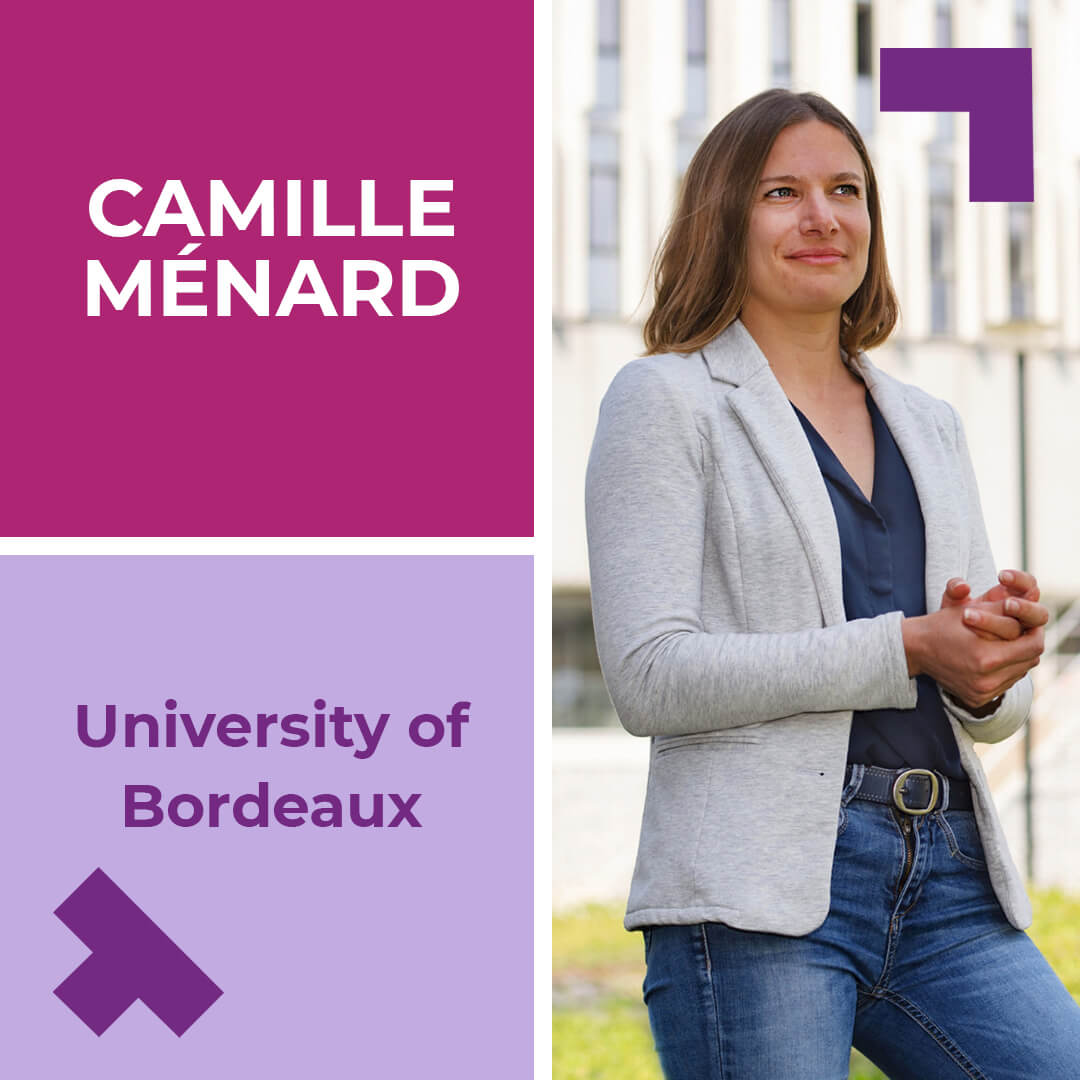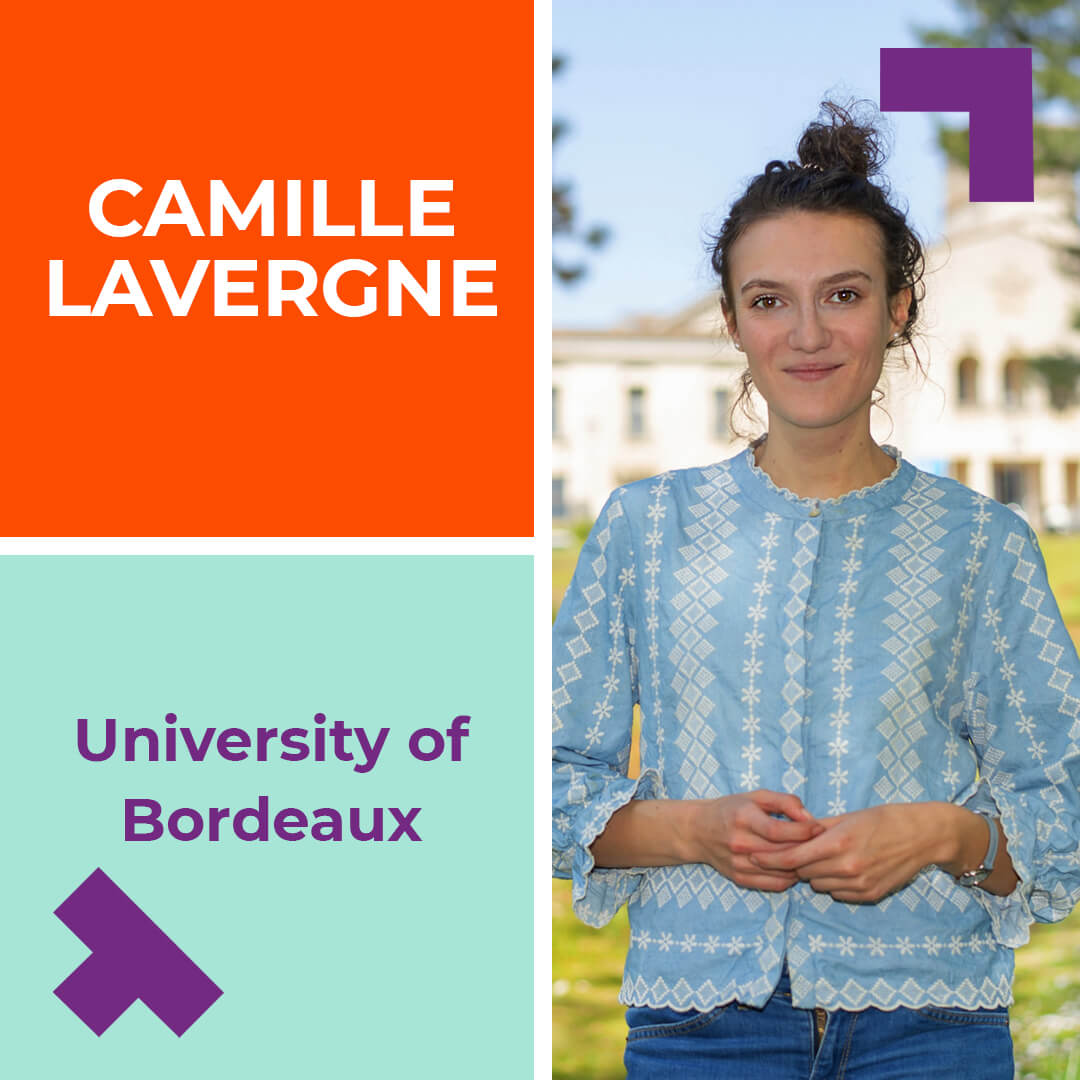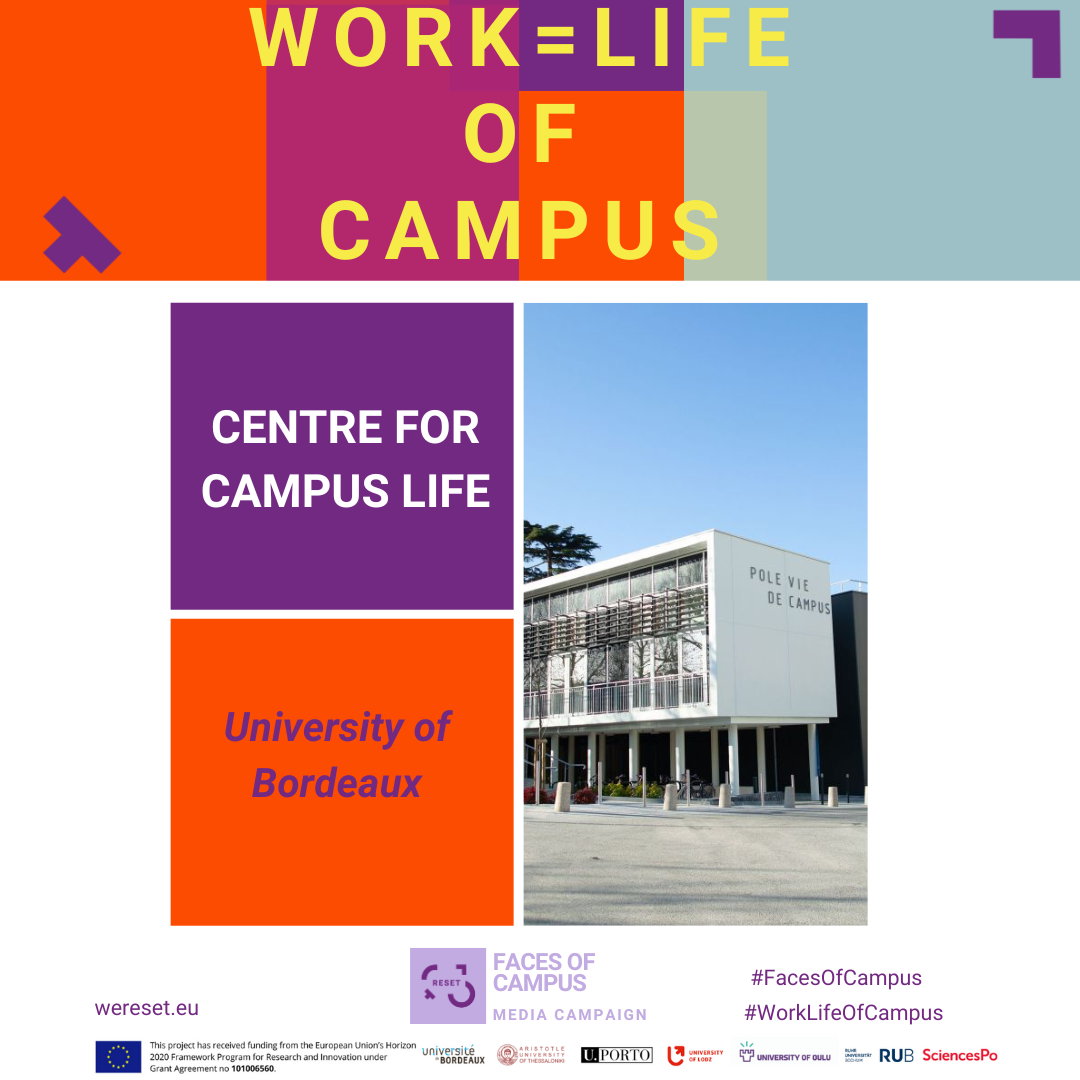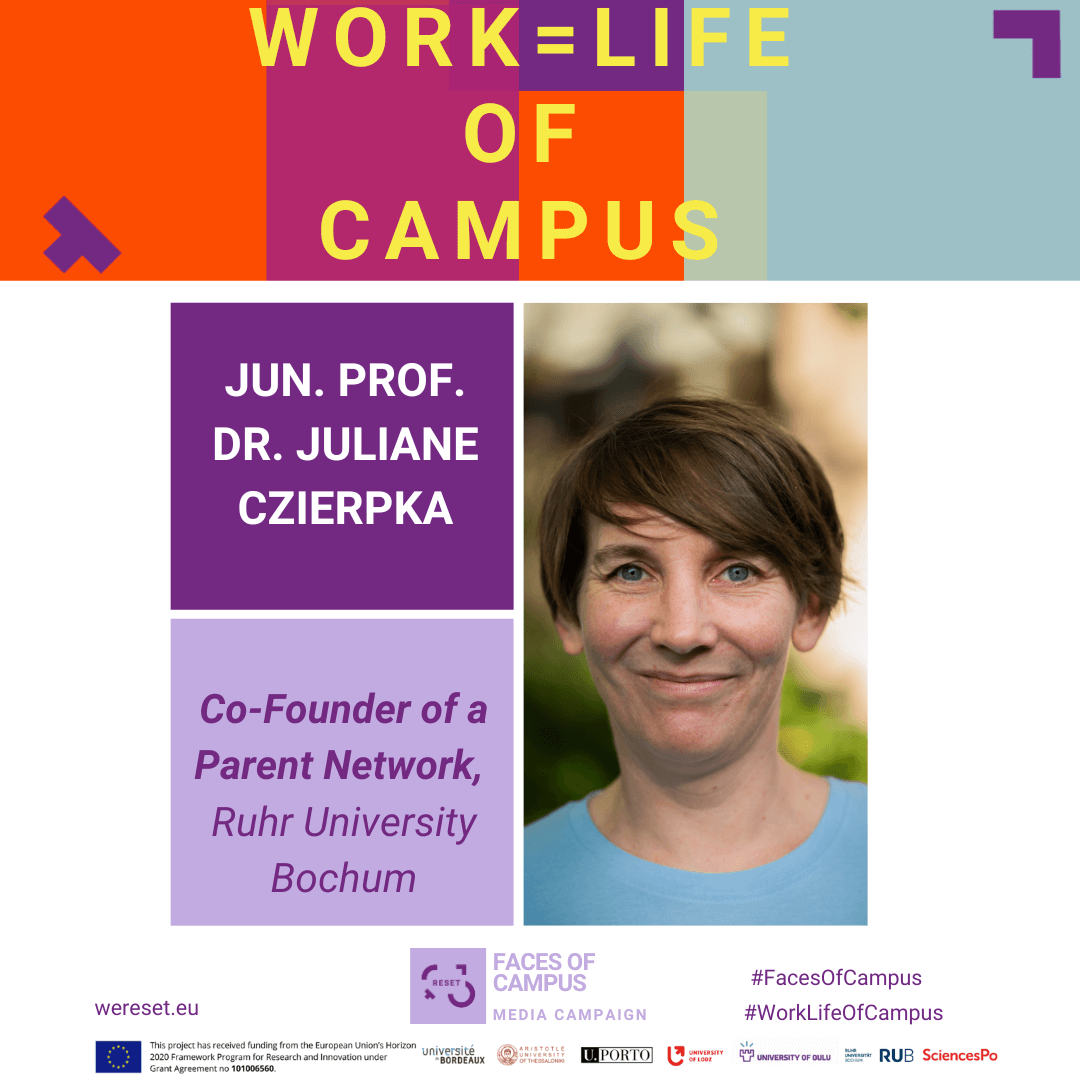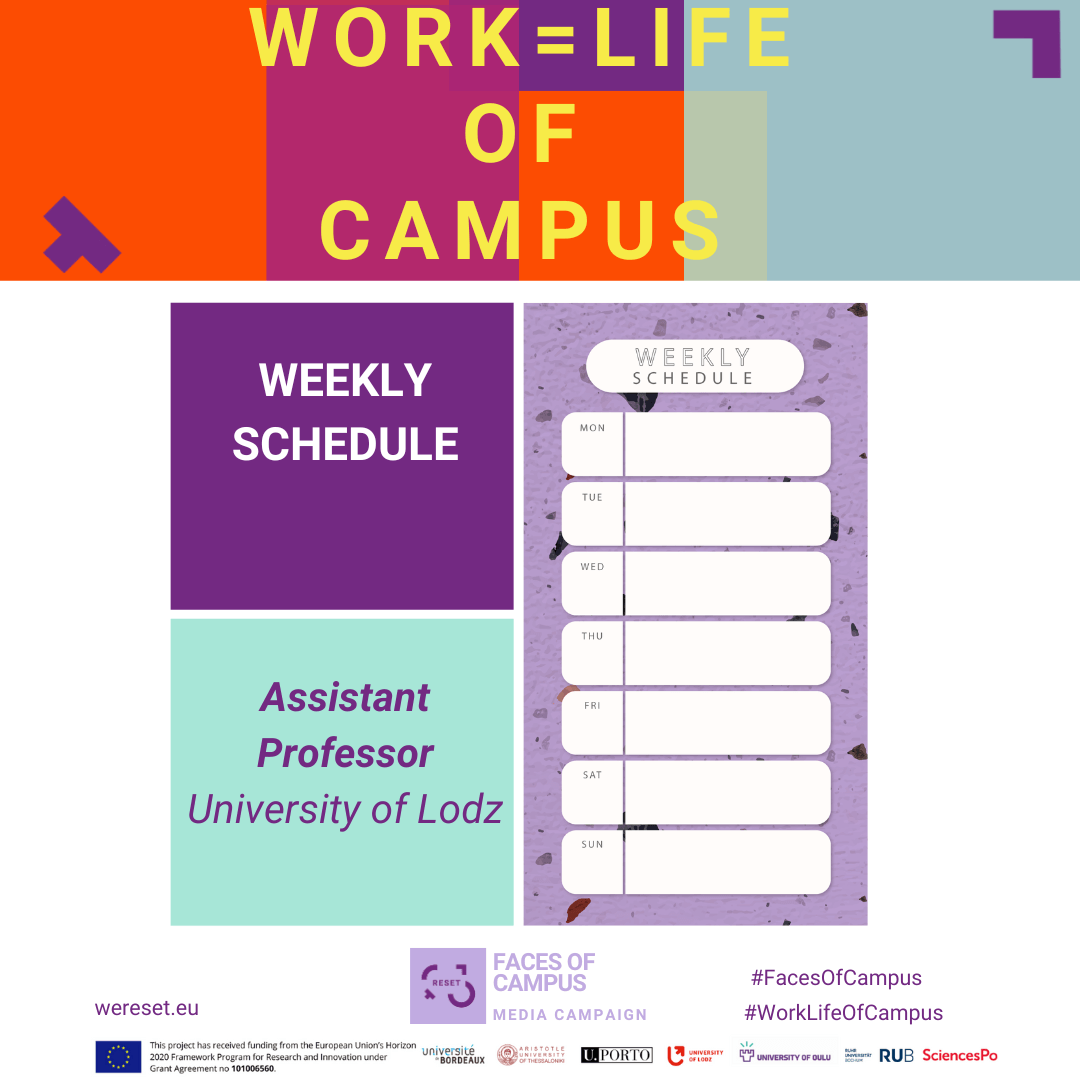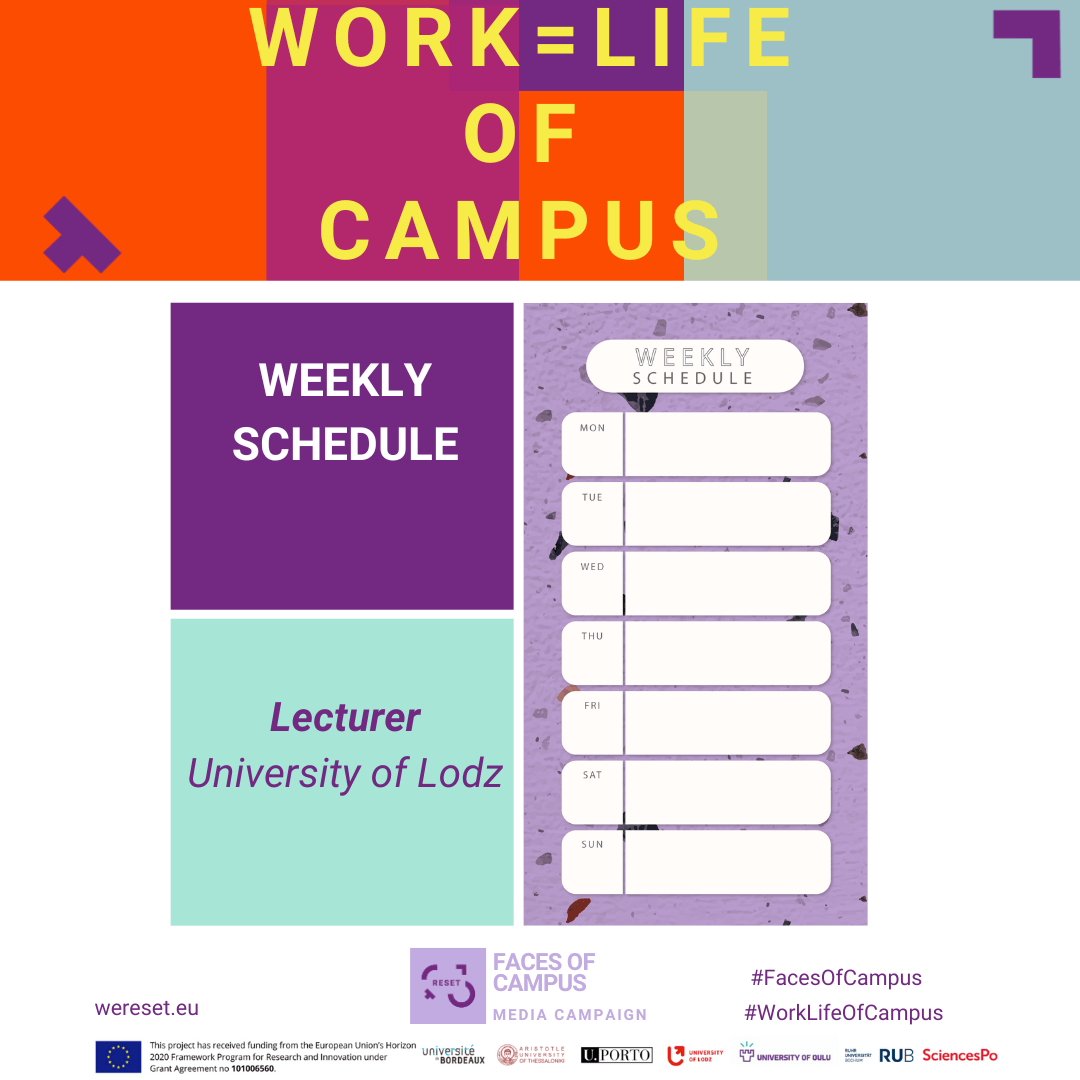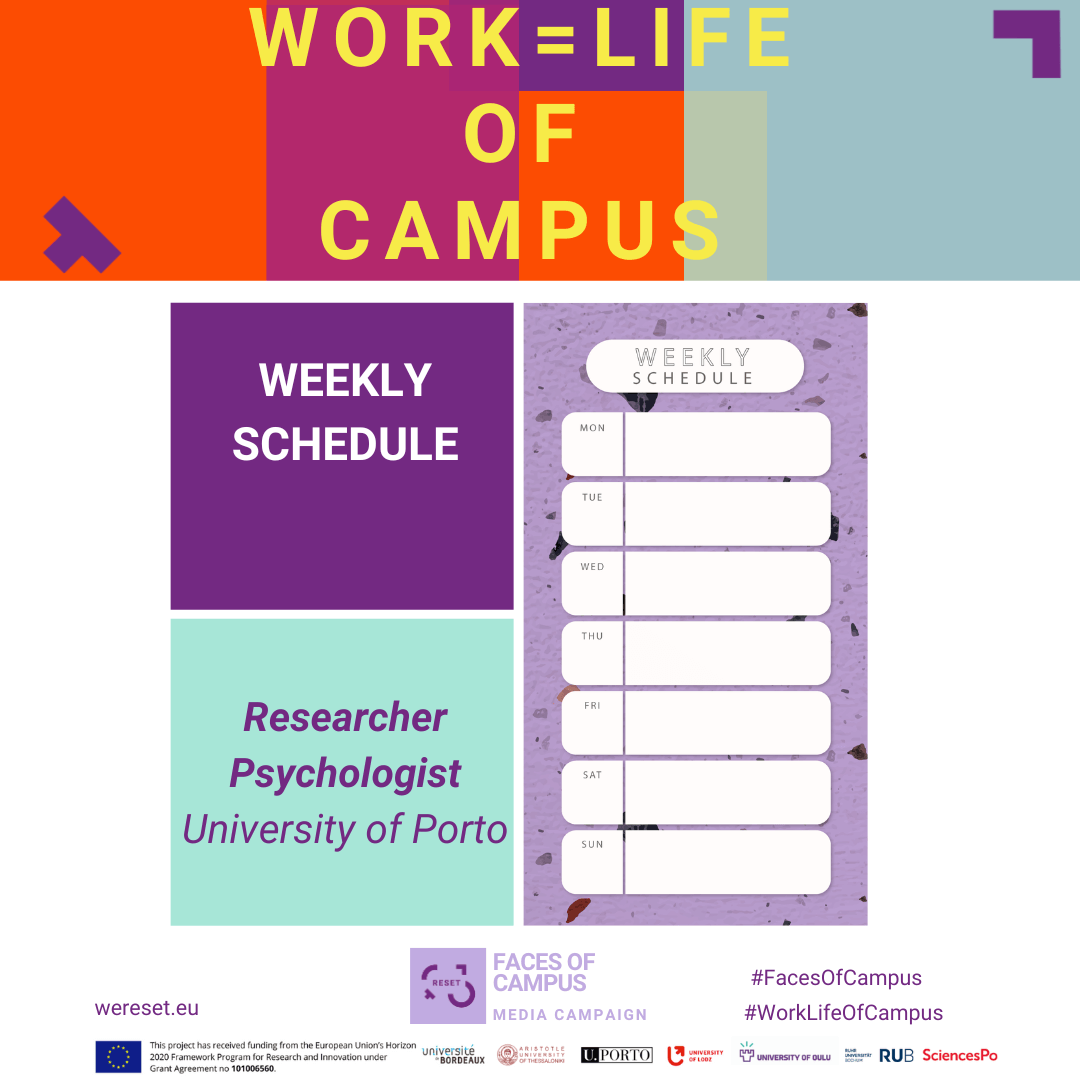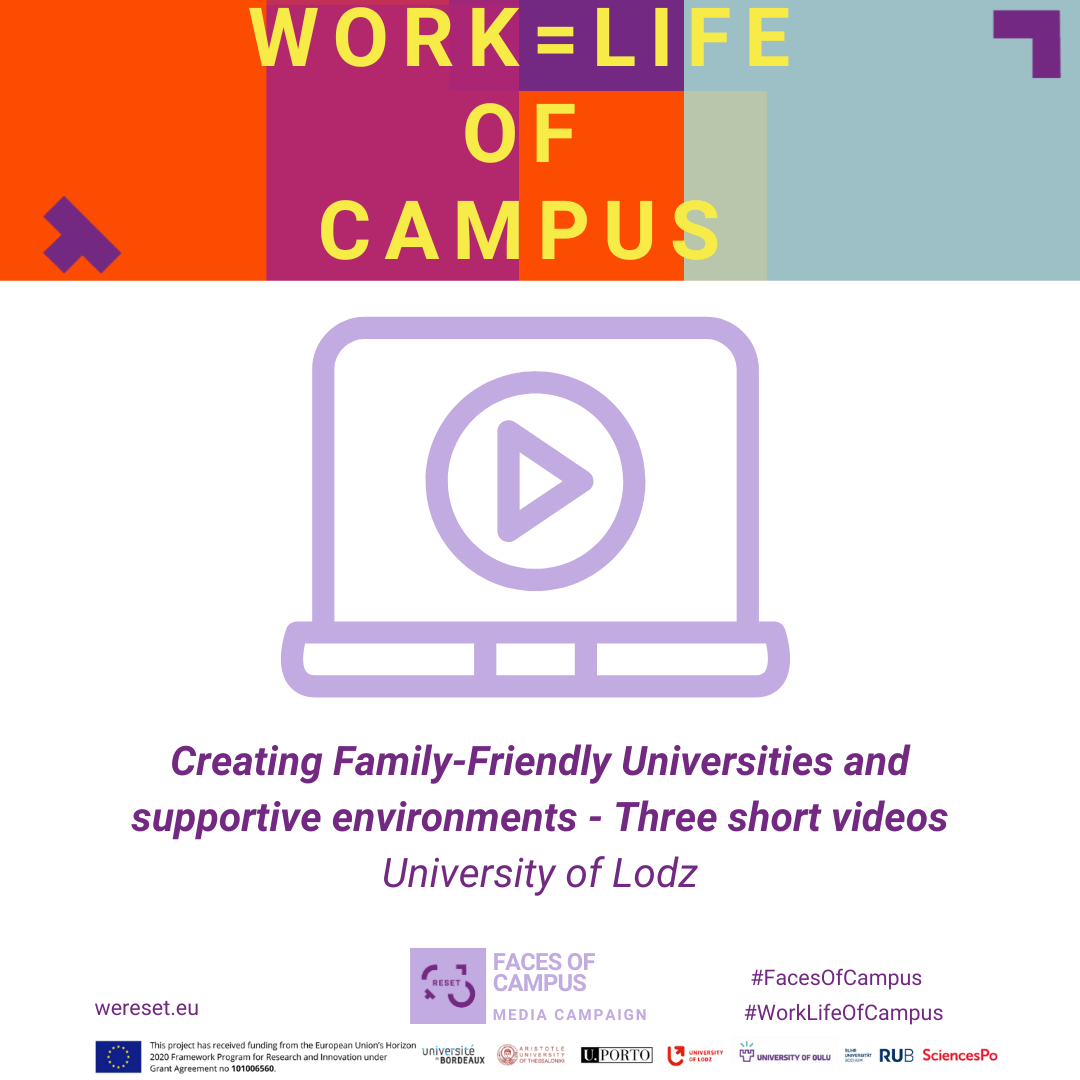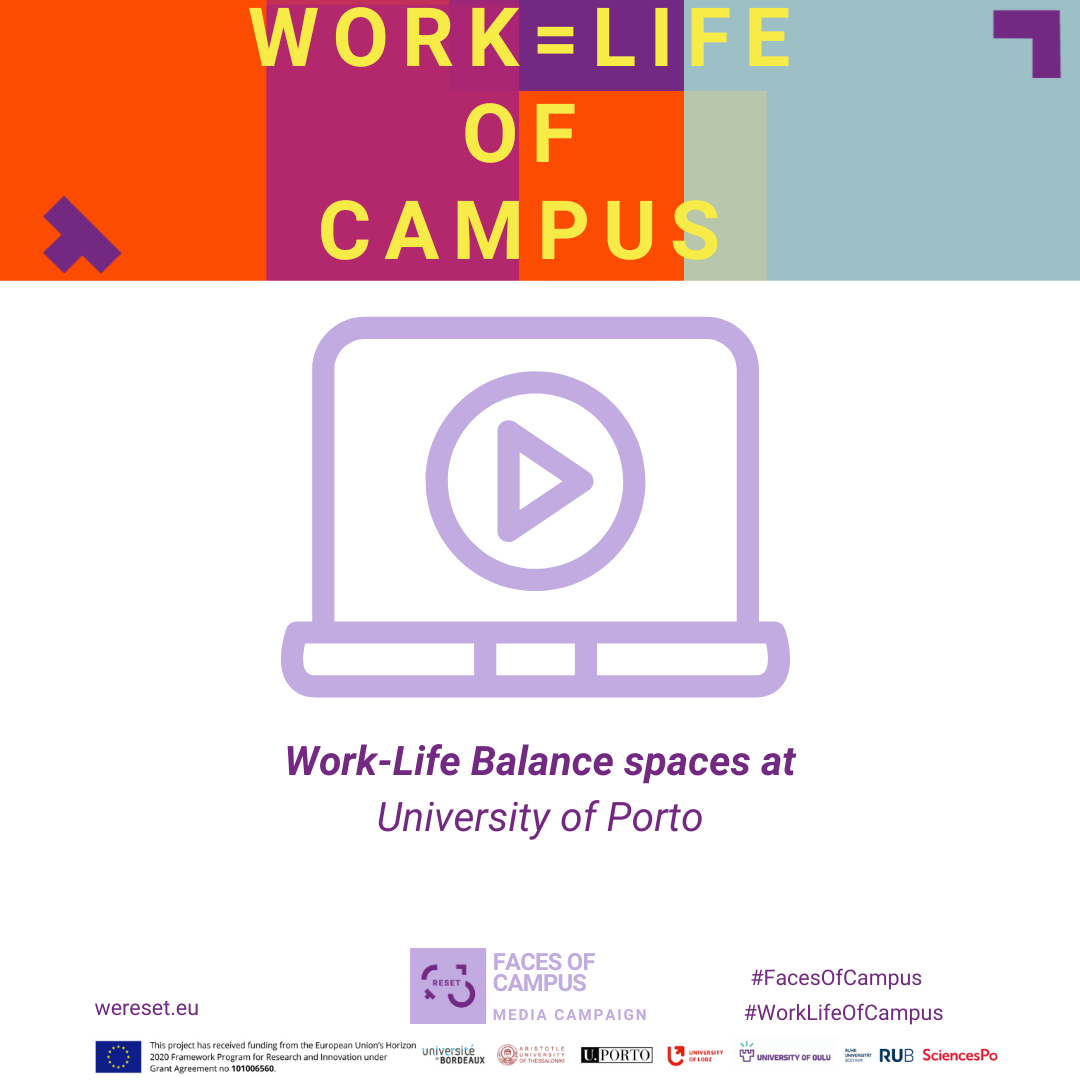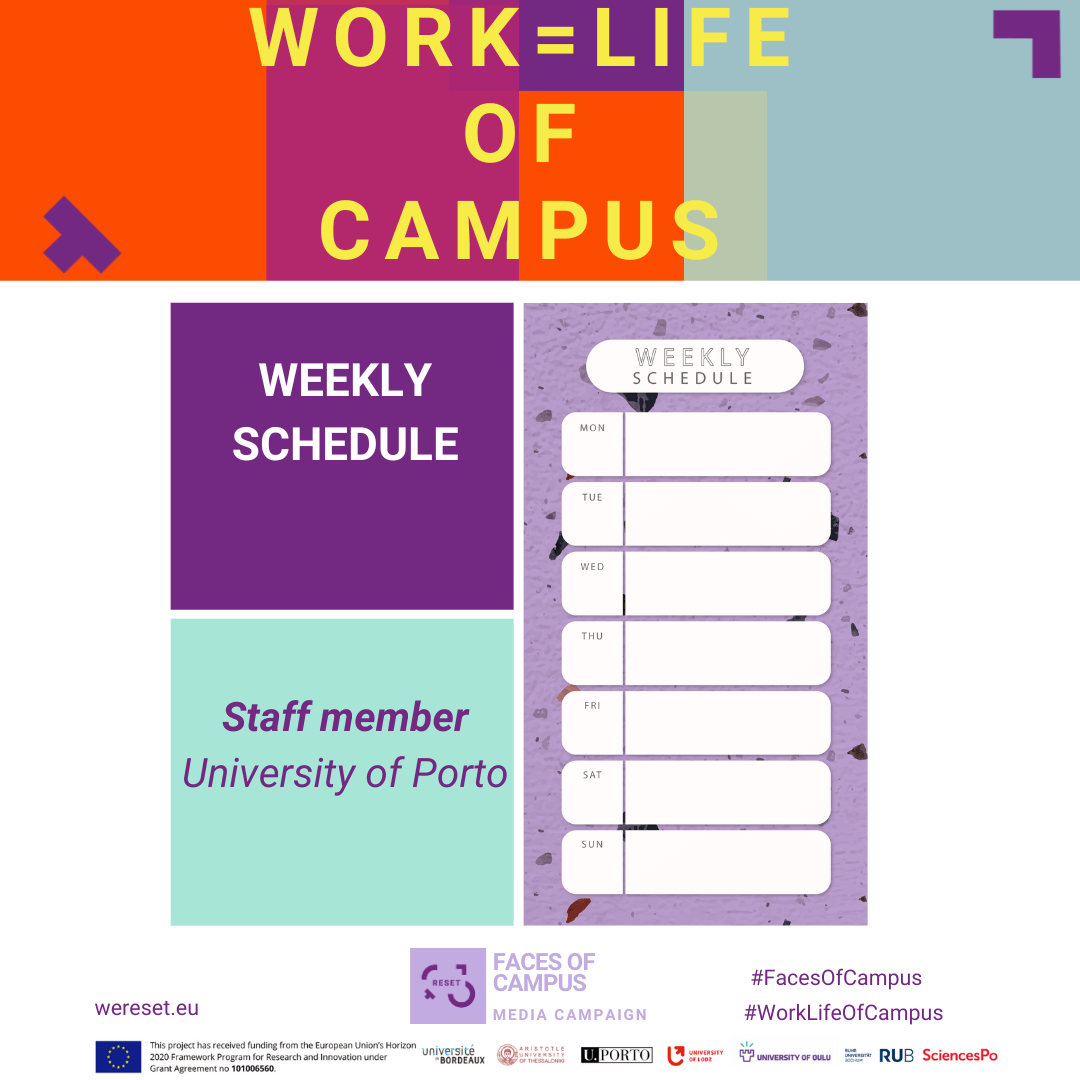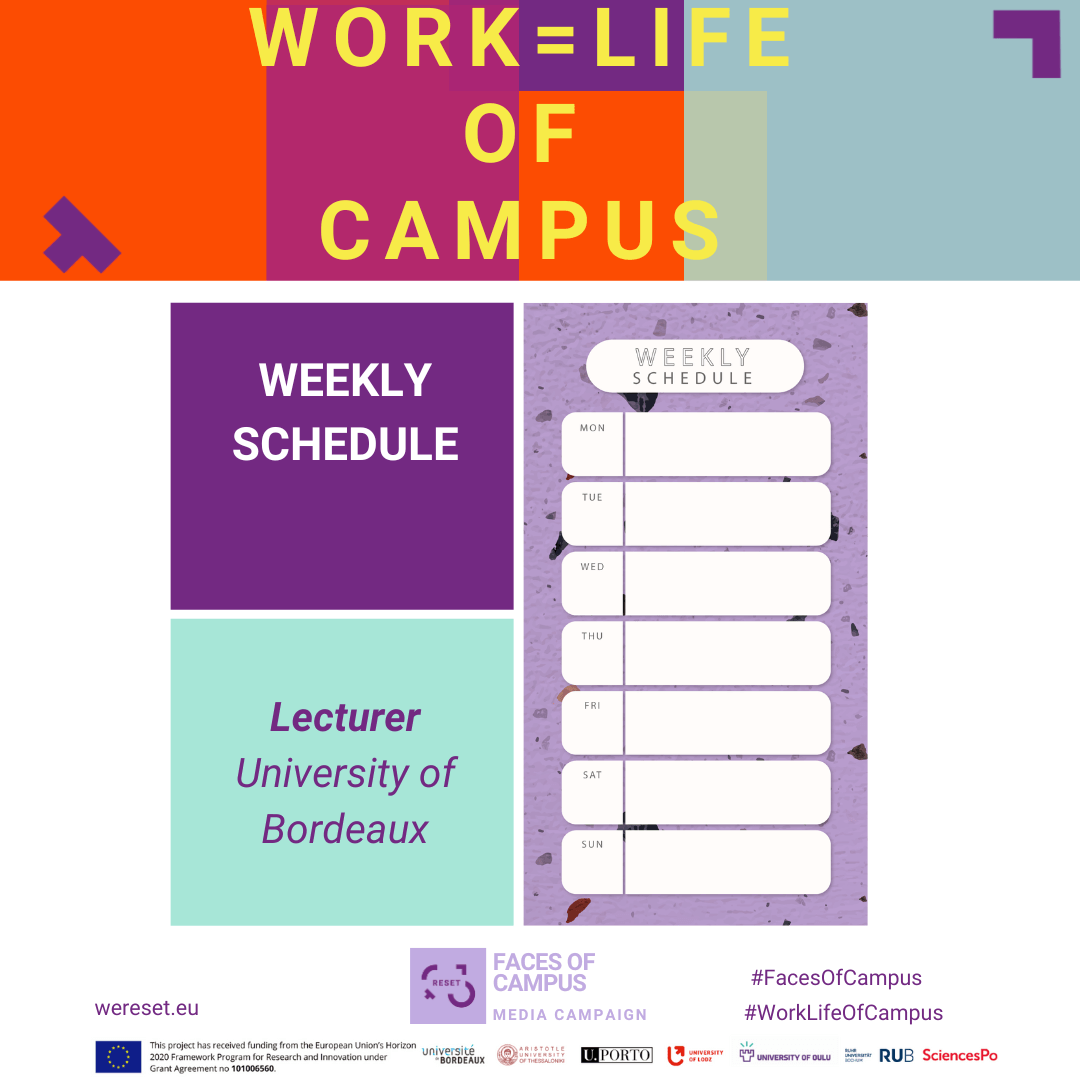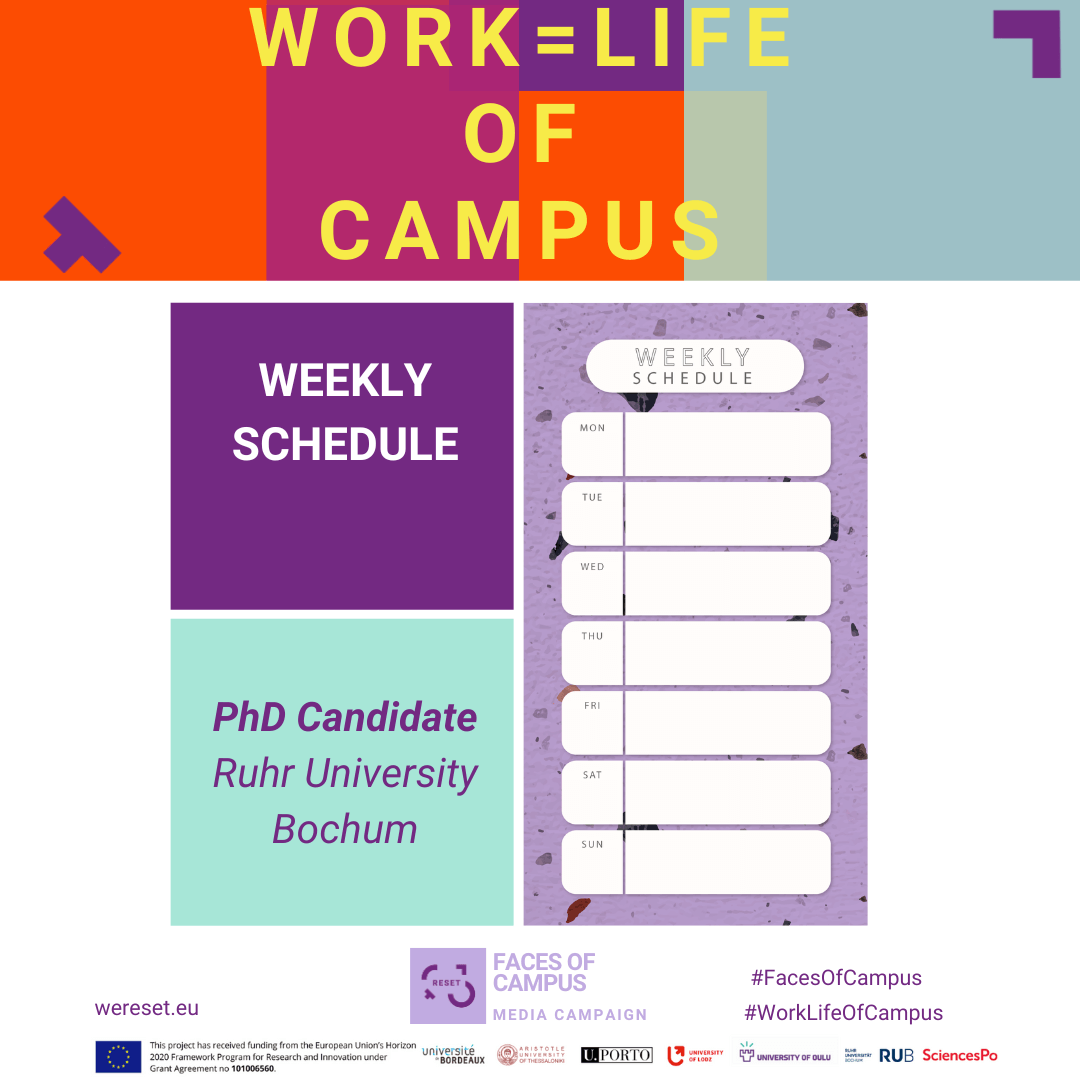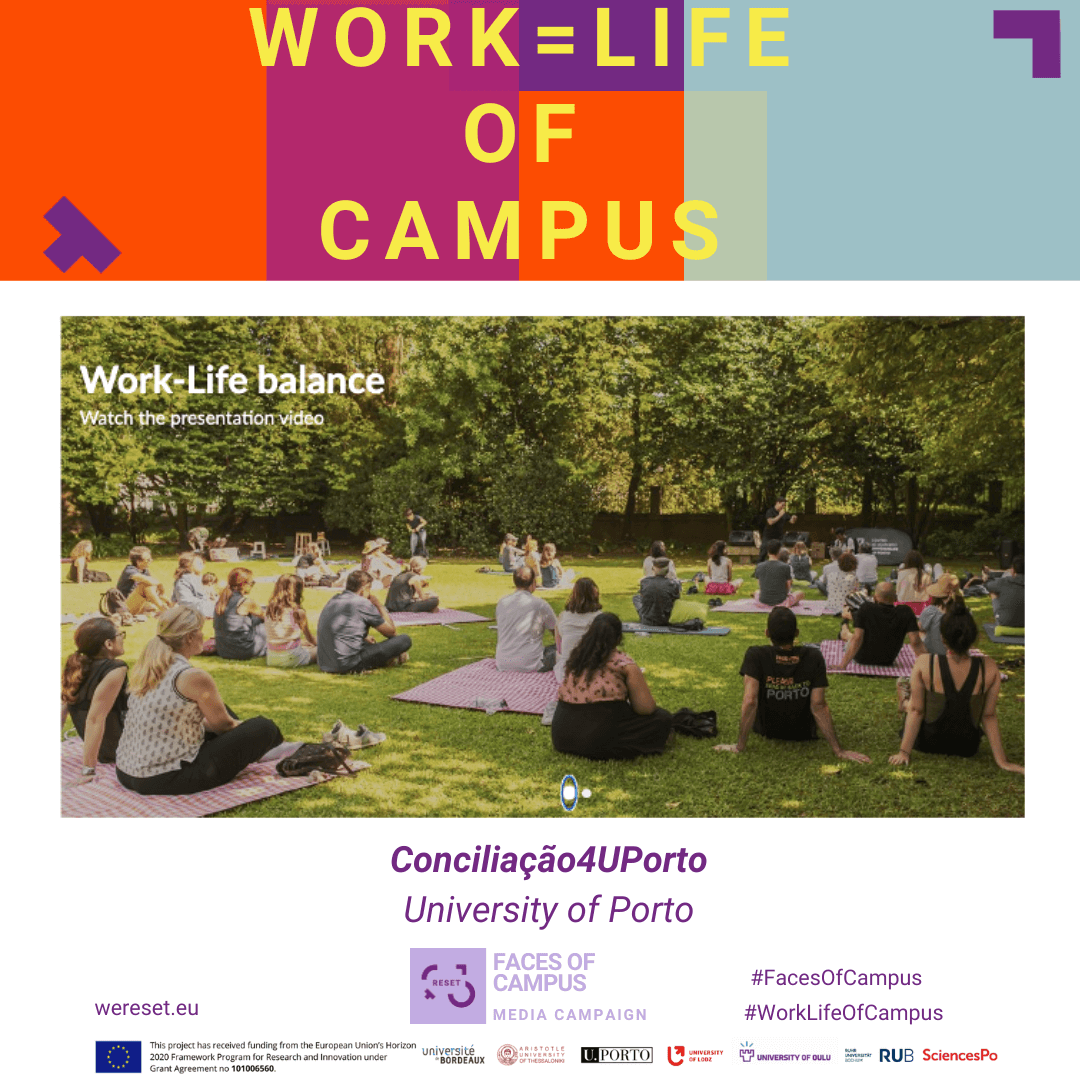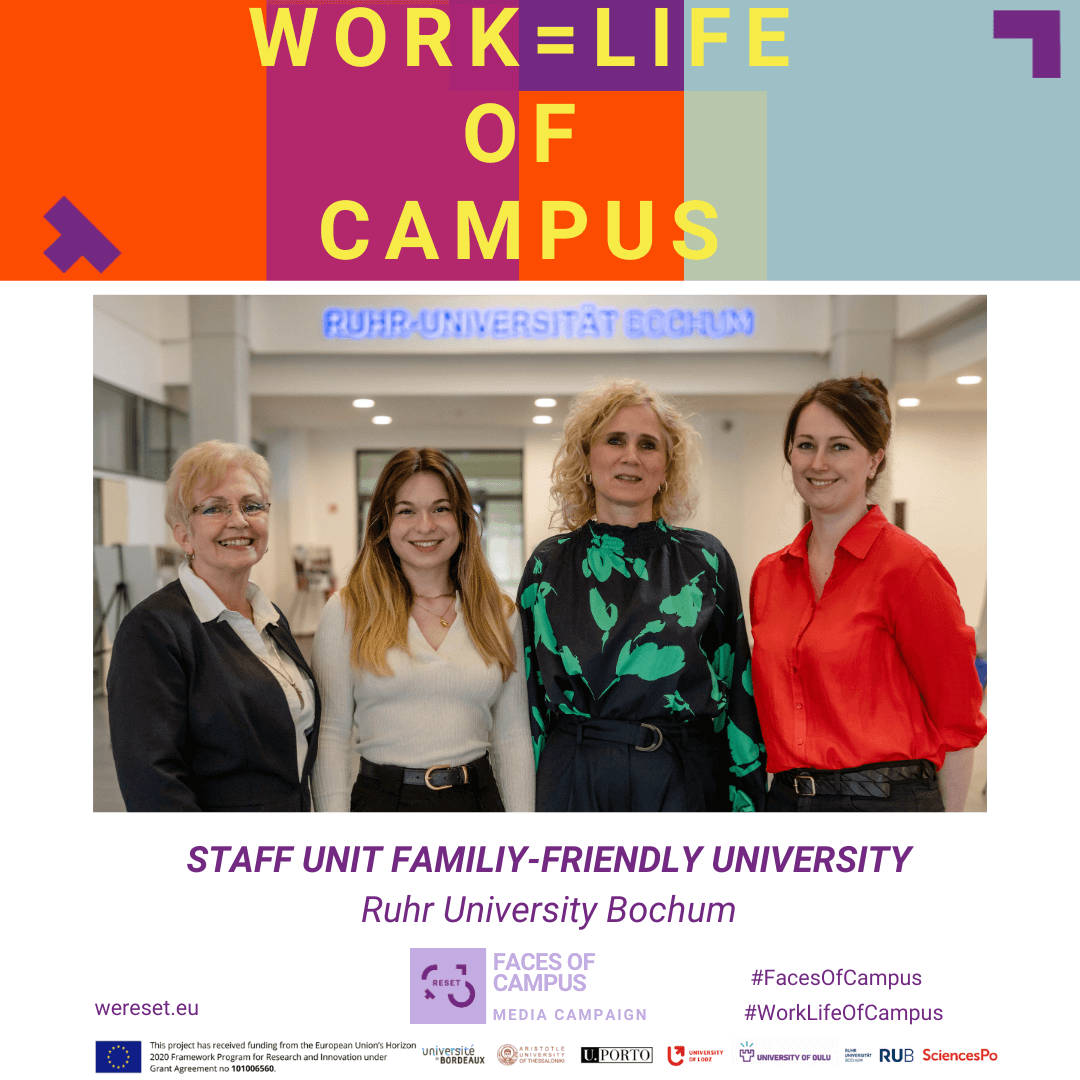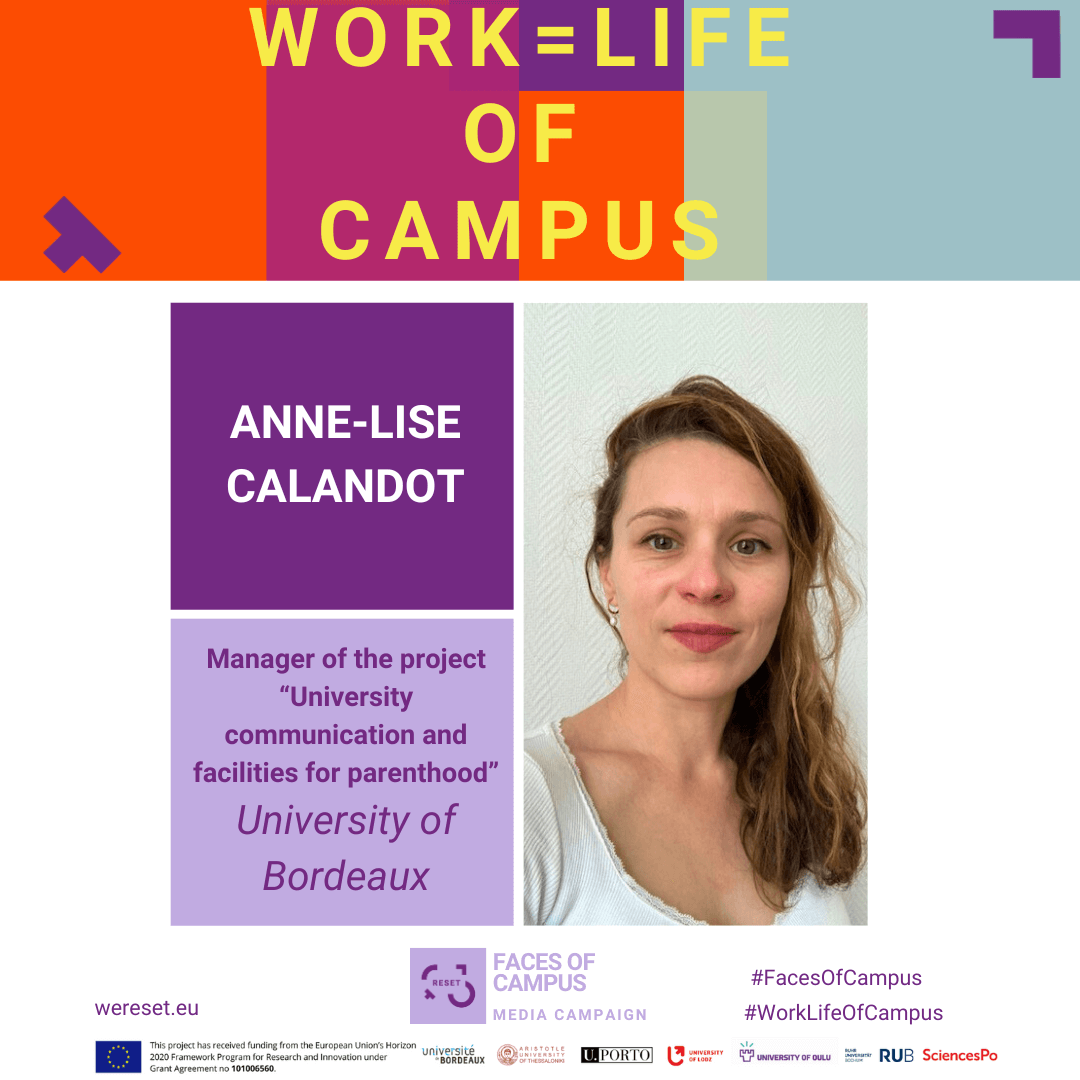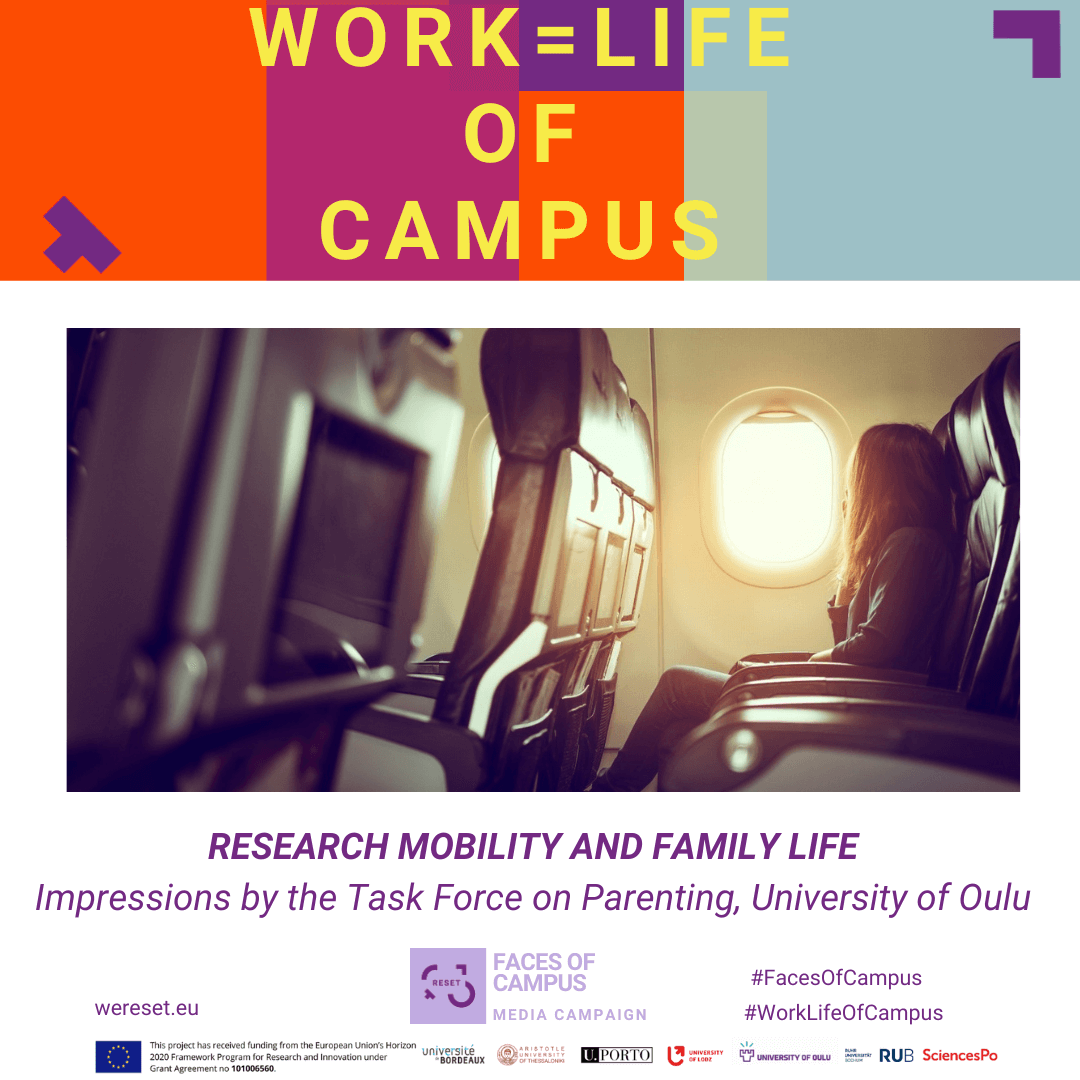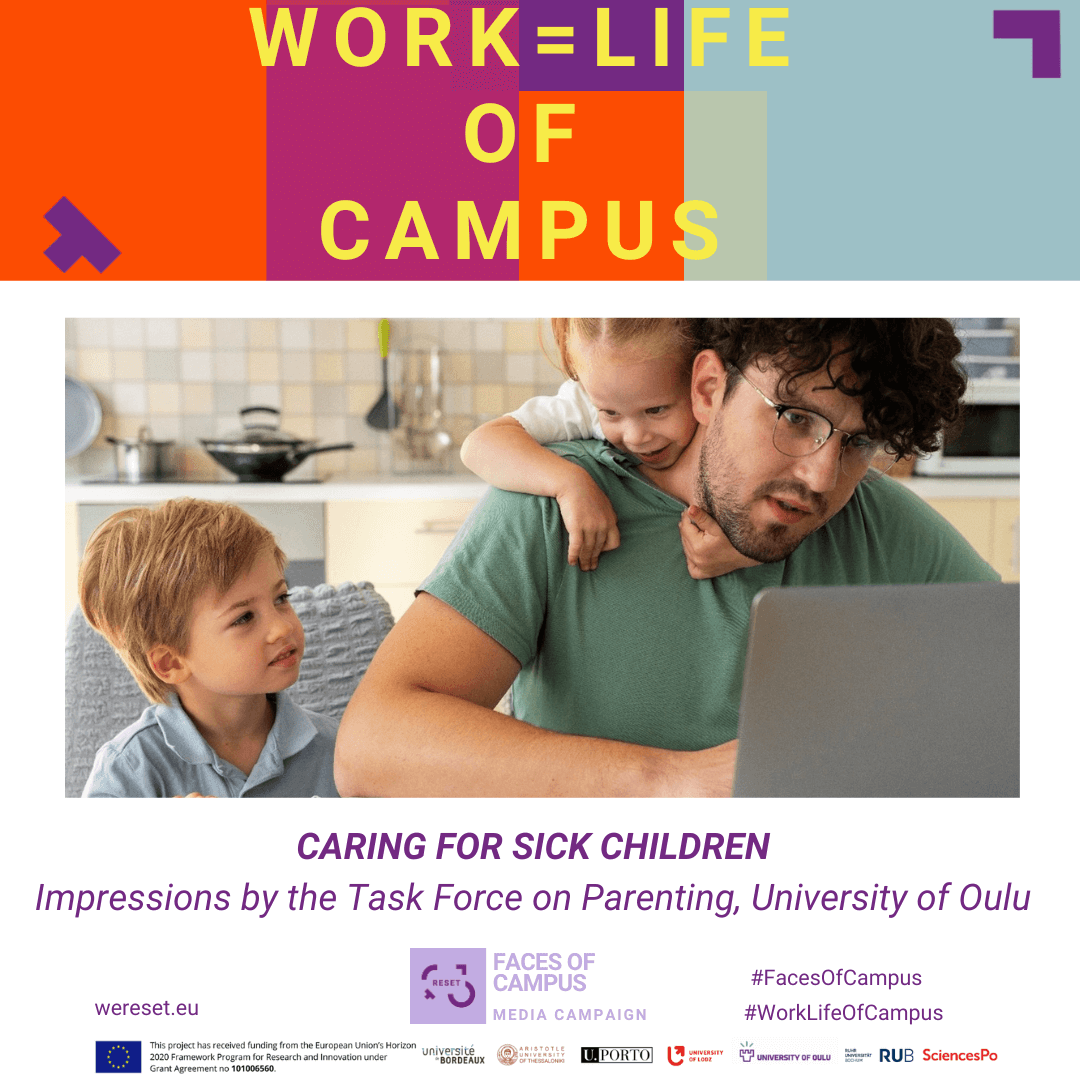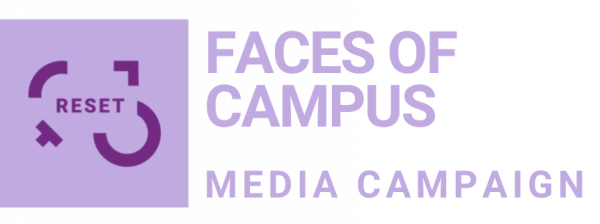
“RESET” stands for Redesigning Equality and Scientific Excellence Together. “Together” is one crucial aspect that we aim to illuminate from different angles in the project’s media campaign “FACES OF CAMPUS”.
With FACES OF CAMPUS, we aim to draw attention to the contributors and contributing factors of Scientific Excellence that are often less visible in the research processes. FACES OF CAMPUS will cover research support, family-friendliness and work-life-balance as central themes. By this, RESET highlights different aspects of working and studying together at our universities.
In RESET, we conceive universities as gendered organisations (Acker, 1990). Accordingly, we understand that various aspects of working together, attitudes to work and university culture, as well as ways of thinking about oneself and others in this structure are not outside of gendered ideas and understandings, but are infused and shaped by them (Acker, 1990; Dubois-Shaik & Fusulier, 2017). The FACES OF CAMPUS media campaign is based on this understanding and aims to help shape cultural change at universities in the sense of promoting diversity and equality.
To this end, we target two central aspects
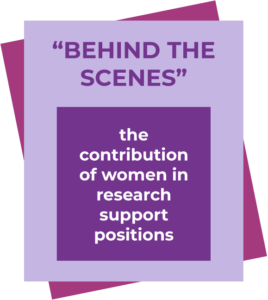
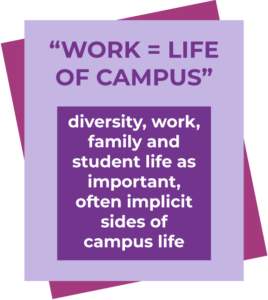
Focal points of campaign
By focusing on these two areas, we concentrate on everyday aspects of life at our universities, as they contribute significantly to the university culture and are particularly relevant for gender equality- and diversity promotion within RESET.
2022 – in the first year of the campaign, we focus on women in science and research support positions with the digital photo exhibition BEHIND THE SCENES.
BEHIND THE SCENES
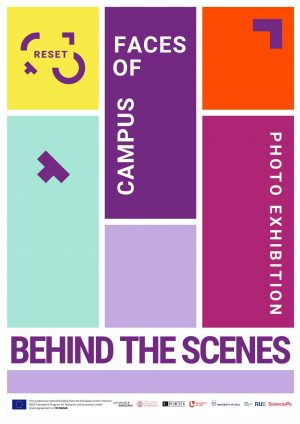
Within the RESET consortium, women represent the vast majority of science managers, lab assistants, secretaries and consultants, linking science and administration. At the scale of the European Union, female employees are the majority of the university administrations and science support sector (She Figures, 2021). At the same time, the sector is highly differentiated and represents an attractive field of employment for a variety of candidates (Basalla & Debelius, 2015). In particular, the field of science management has developed over the past decades and become a diverse area of work (Whitechurch, 2013; Banscherus et al., 2017; Brandenburg, 2016). At the interface between science, innovation and transfer towards society and policy, it represents an area in universities and research institutions that can appeal to graduates from a variety of fields. Moreover, it provides a transition for scientists who can draw on their experience of researchers and, in many cases, find a more secure professional perspective in this field of work (Basalla & Debelius, 2015; Banscherus et al., 2017; Boden, 2016).
Also, the professional activities of administrative positions have changed significantly in recent decades in the course of digitalisation and due to the increasing internationalisation of organisations (Banscherus et al., 2017). It is important for RESET to take into account the diversity of this group of employees. This exhibition aims not only at valuing female in leadership and management positions, but also women who work in the essential secretarial offices and laboratories. Representatives of these groups were invited to participate with interviews and portraits by the RESET teams. The communication around this campaign will be disseminated and widespread via the project’s and institutional social media accounts.
Read our interviews with
Literature:
- Acker, Joan (1990) . HIERARCHIES, JOBS, BODIES: A Theory of Gendered Organizations. Gender & Society. 1990;4(2):139-158. doi:10.1177/089124390004002002
- Banscherus, Ulf/ Baumgärtner, Alena/ Böhm, Uta/ Golubchykova, Olga/ Schmitt, Susanne/ Wolter, Andrä: Wandel der Arbeit in wissenschaftsunterstützenden Bereichen an Hochschulen. Hochschulreformen und Verwaltungsmodernisierung aus Sicht der Beschäftigten, Study Nr. 362 der Hans-Böckler-Stiftung, Düsseldorf (226 Seiten). Online verfügbar unter: www.boeckler.de/pdf/p_study_hbs_362.pdf
- Basalla, Susan/Debelius, Maggie (2015), »So what are you going to do with that?« Finding Careers outside Academia, Chicago/London.
- Brandenburg, U. (2016). The Value of Administrative Staff for Internationalization. International Higher Education, (85), 15-17. https://doi.org/10.6017/ihe.2016.85.9239
- Boden, Doris (2016), »Wissenschaftsmanagement an der Schnittstelle zwischen Wissenschaft und Verwaltung«, in: Wissenschaftsmanagement, 2/2016, S.26–31
- Dubois-Shaik Farah, Fusulier Bernard (2017). Understanding gender inequality and the role of the work/family interface in contemporary academia: An introduction. European Educational Research Journal. 2017;16(2-3):99-105. doi:10.1177/1474904117701143
- European Commission, Directorate-General for Research and Innovation, She figures 2021 : gender in research and innovation : statistics and indicators, Publications Office, 2021, https://data.europa.eu/doi/10.2777/06090
- Whitechurch, Celia (2013), Reconstructing identities in higher education. The rise of third space professionals, London.
WORK = LIFE OF CAMPUS
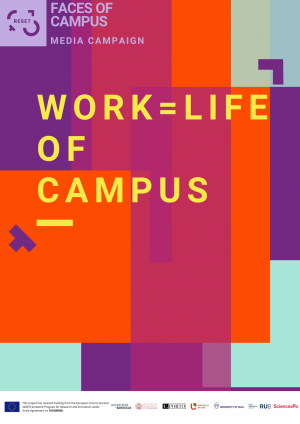
With WORK=LIFE OF CAMPUS, RESET continues its media campaign FACES OF CAMPUS. The campaign aims to highlight aspects of academic life that are sometimes less visible but, nonetheless, important for scientific excellence. In 2022, RESET launched FACES OF CAMPUS with the digital exhibition “Behind the Scenes” portraying contributions of women in research supporting positions.
In 2023 the exhibition WORK=LIFE OF CAMPUS will present spaces and initiatives of our universities dedicated to the promotion of well-being at work and in studies. This campaign aims at sharing perspectives, experiences and approaches applied by researchers, teachers and students as well as institutional initiatives towards work- and study- life balance. In particular, we will highlight family-related factors, such as parenthood and care responsibilities.

